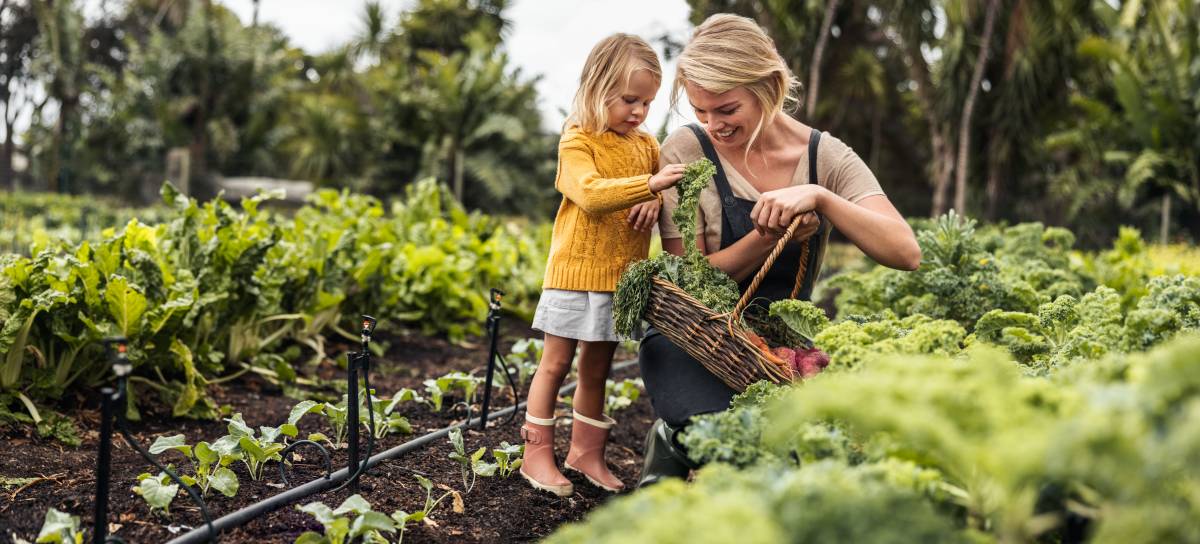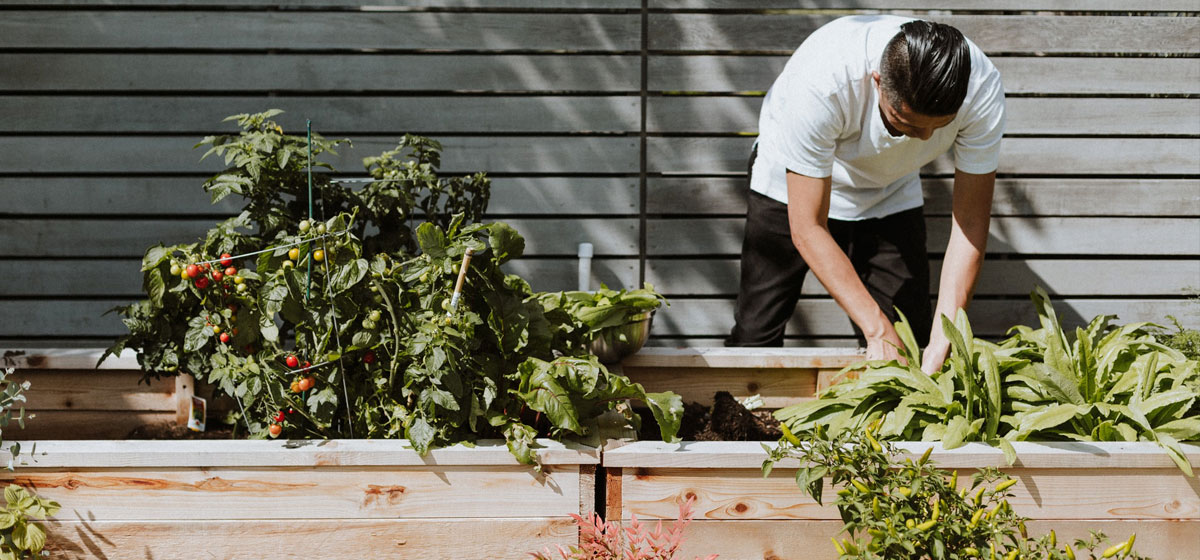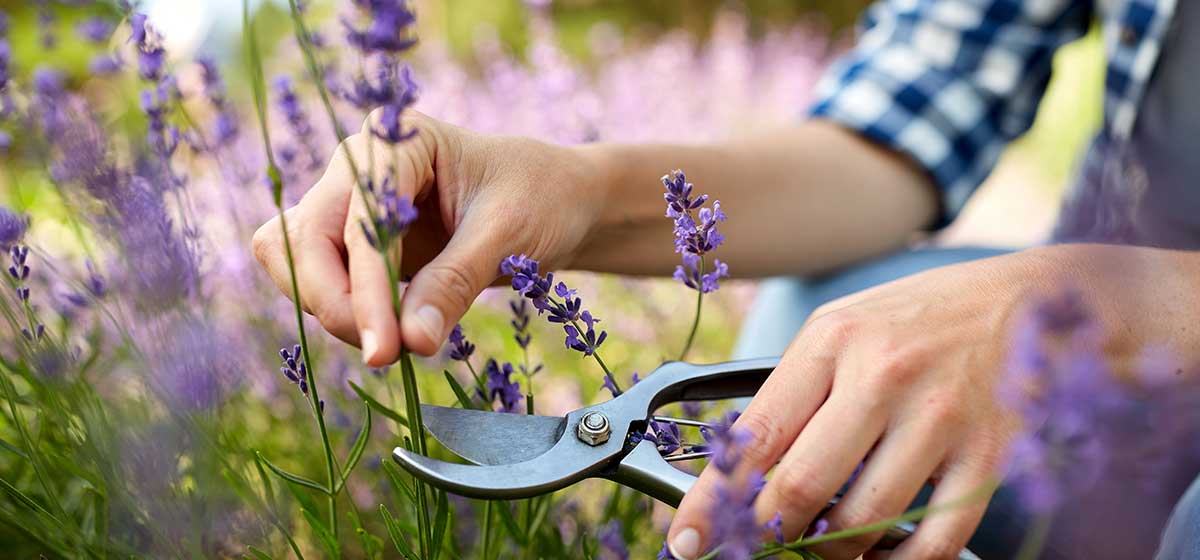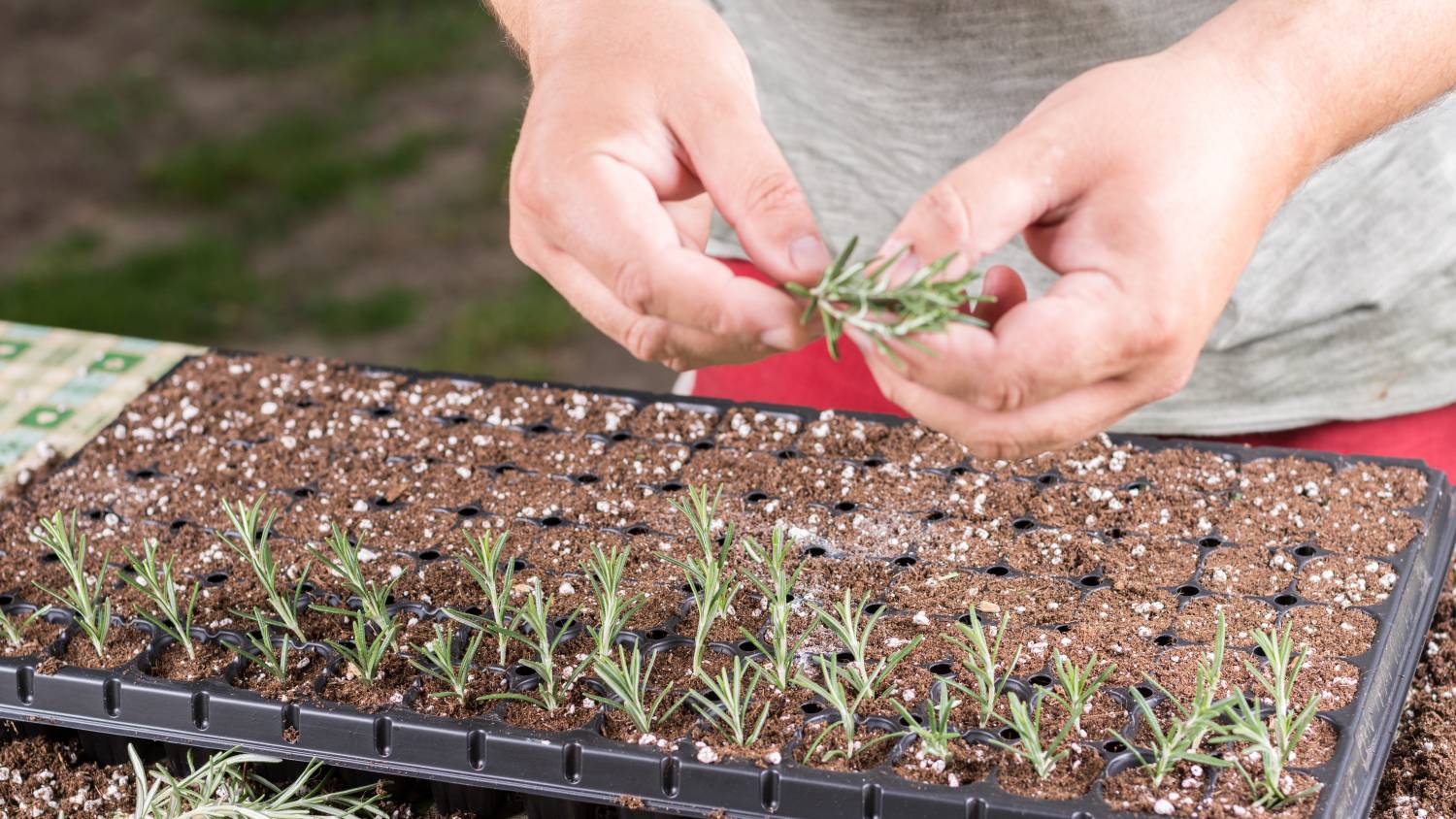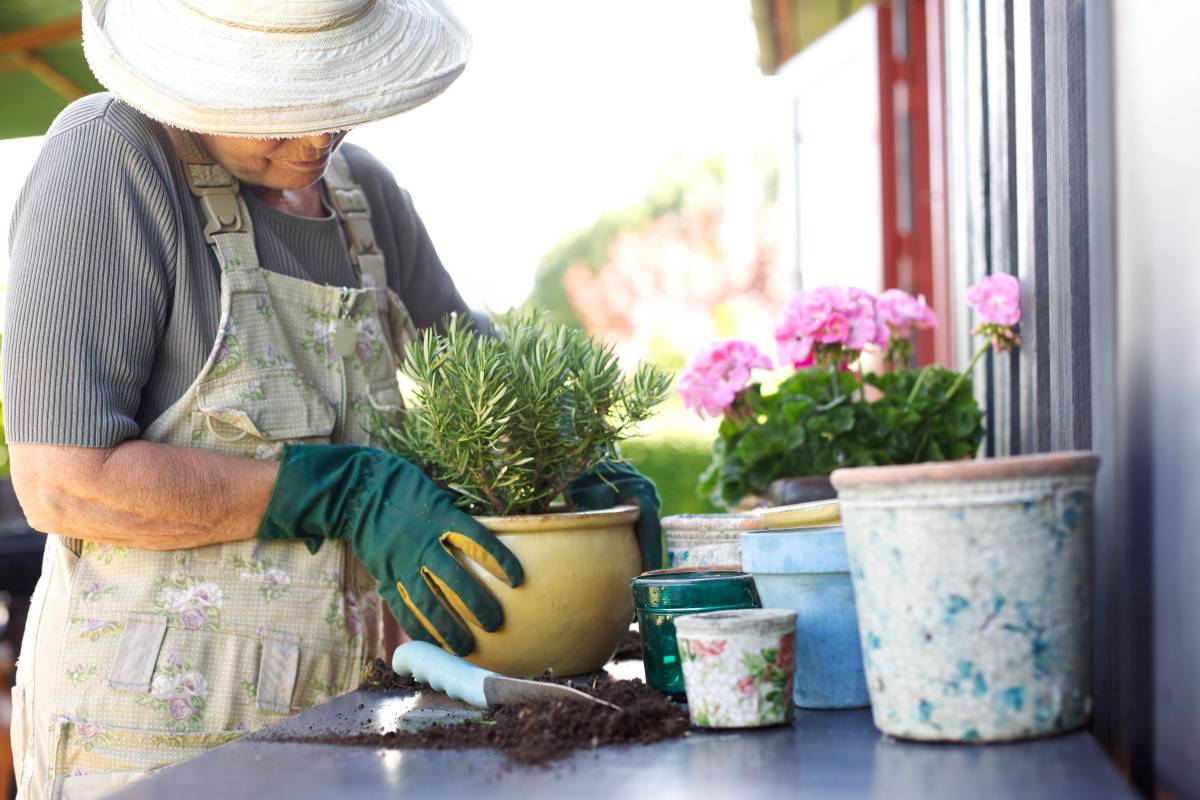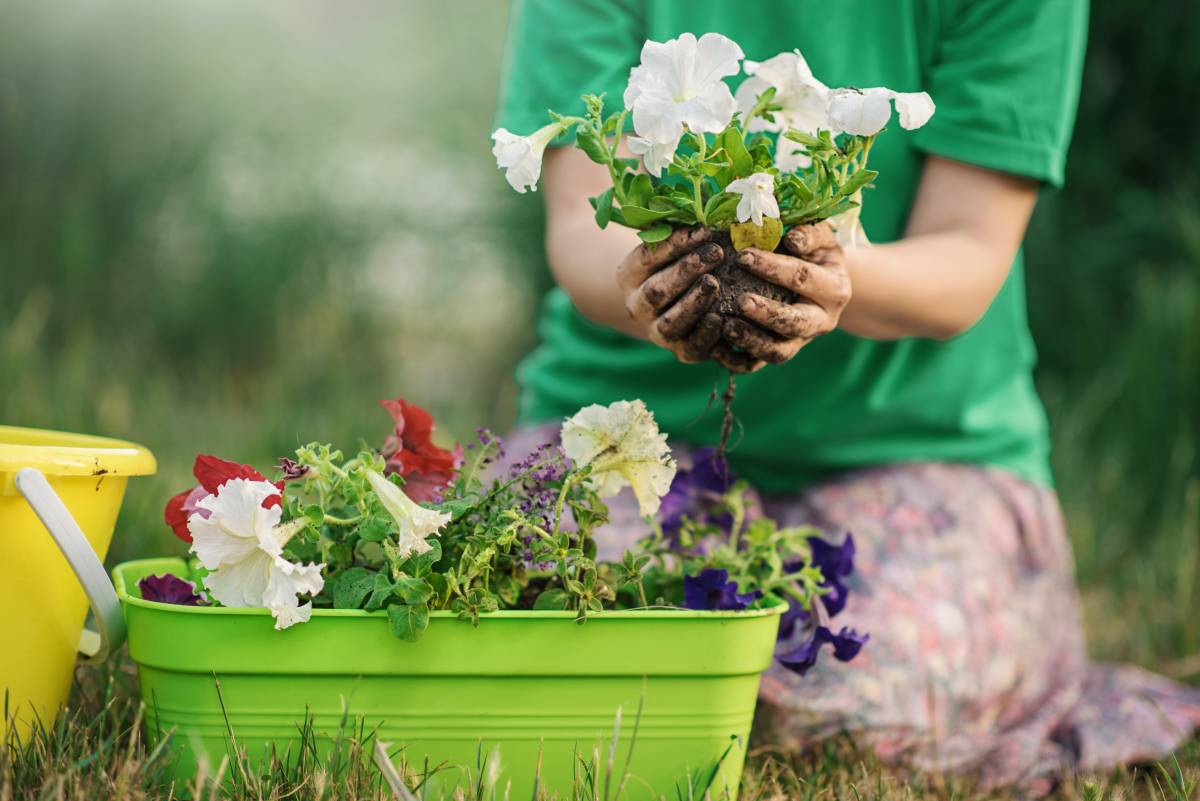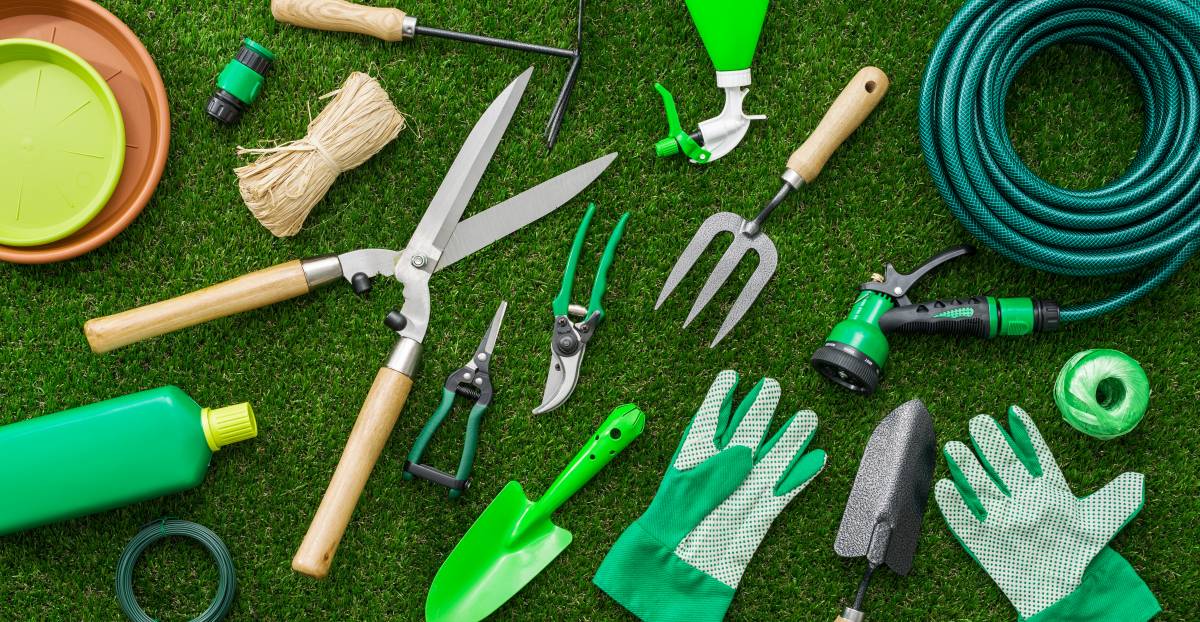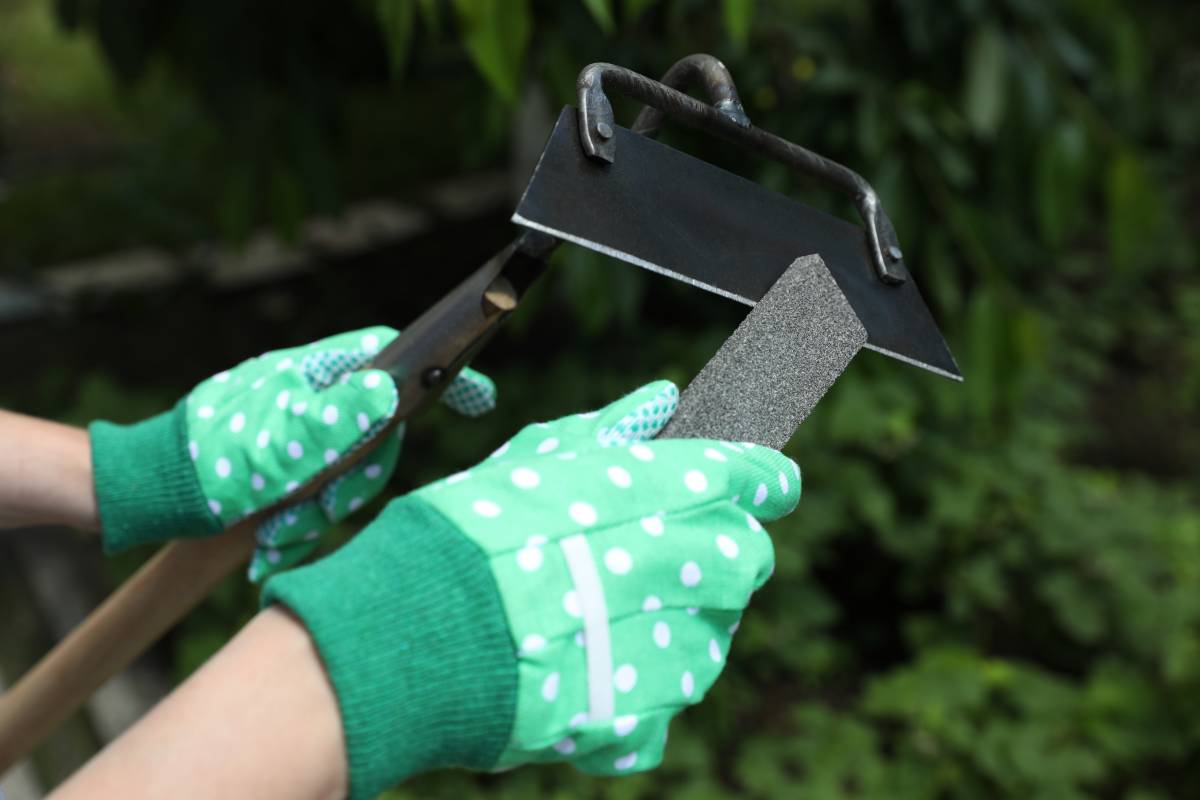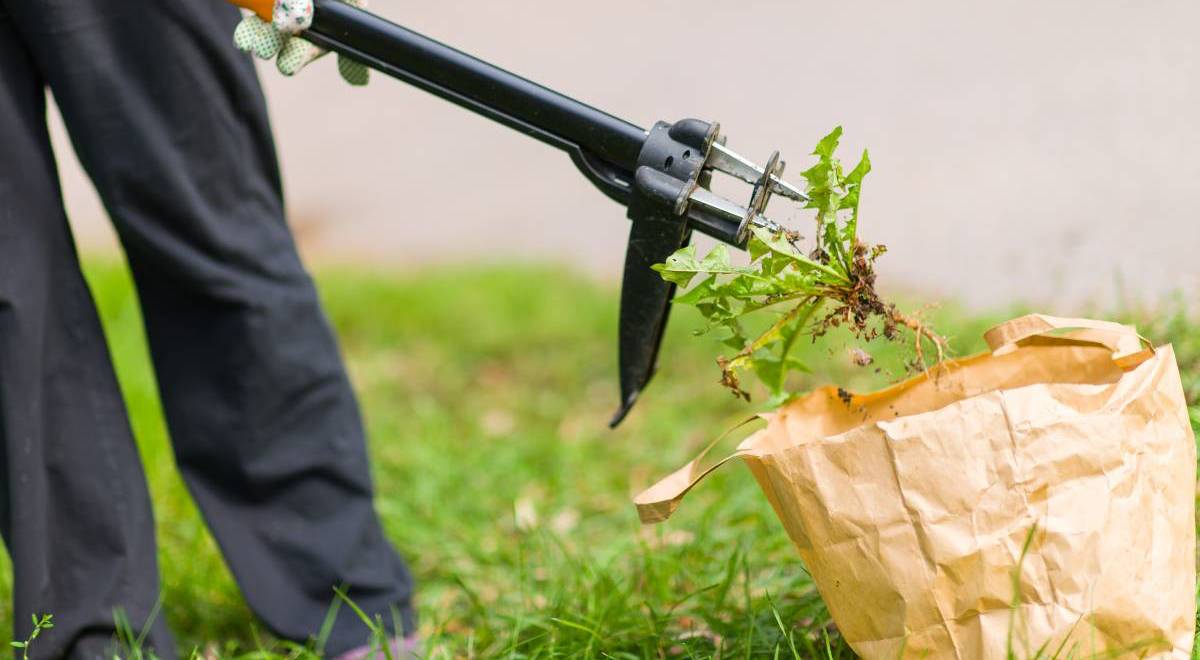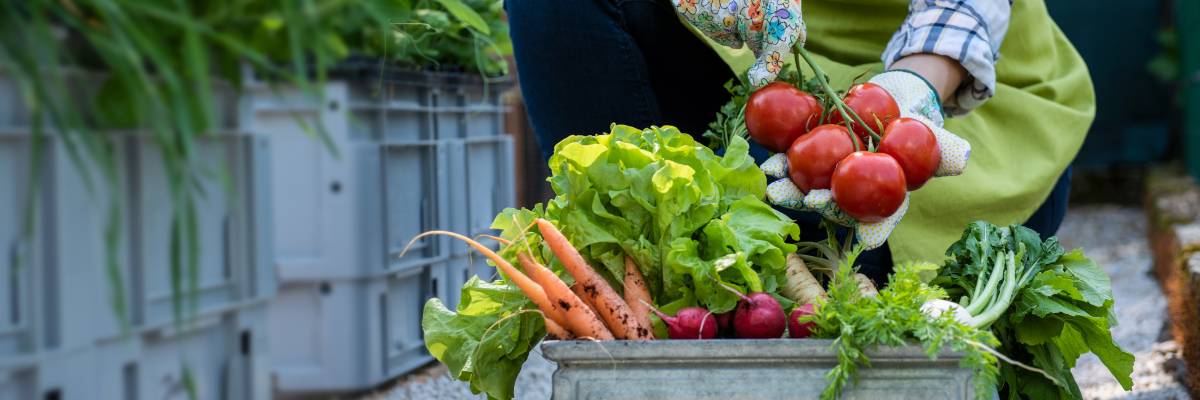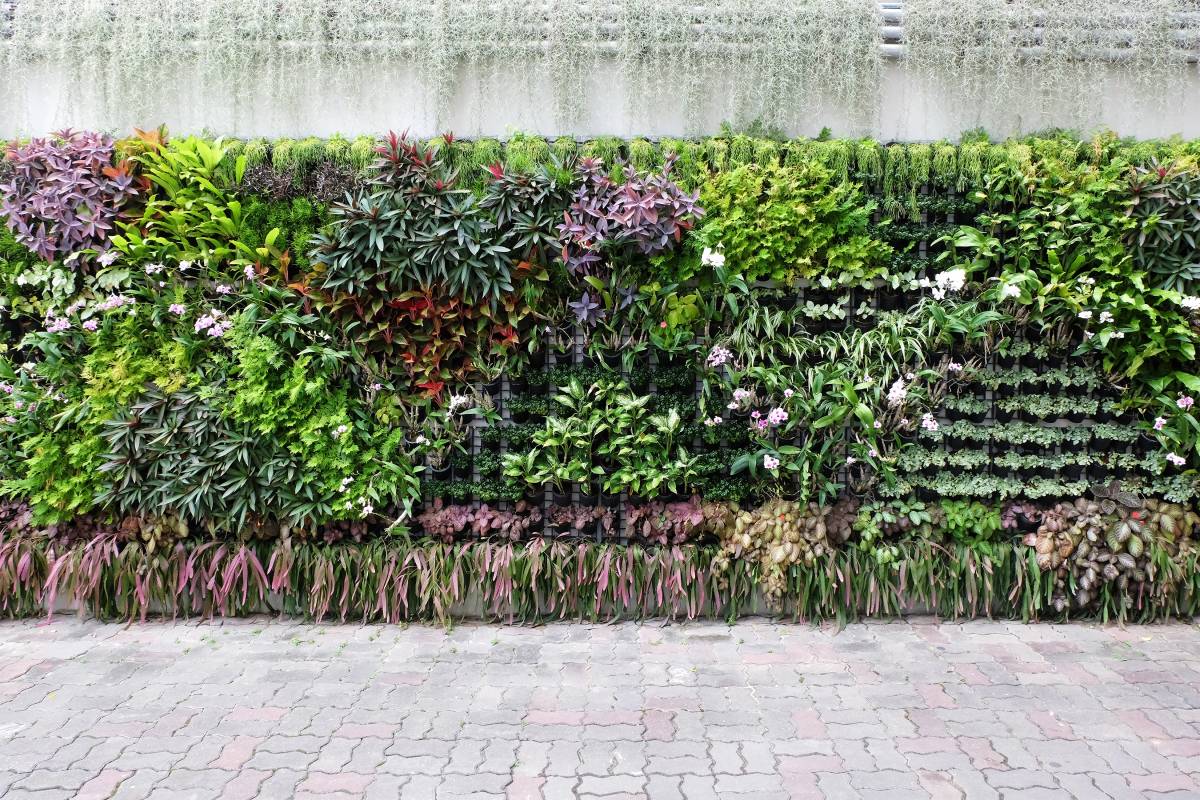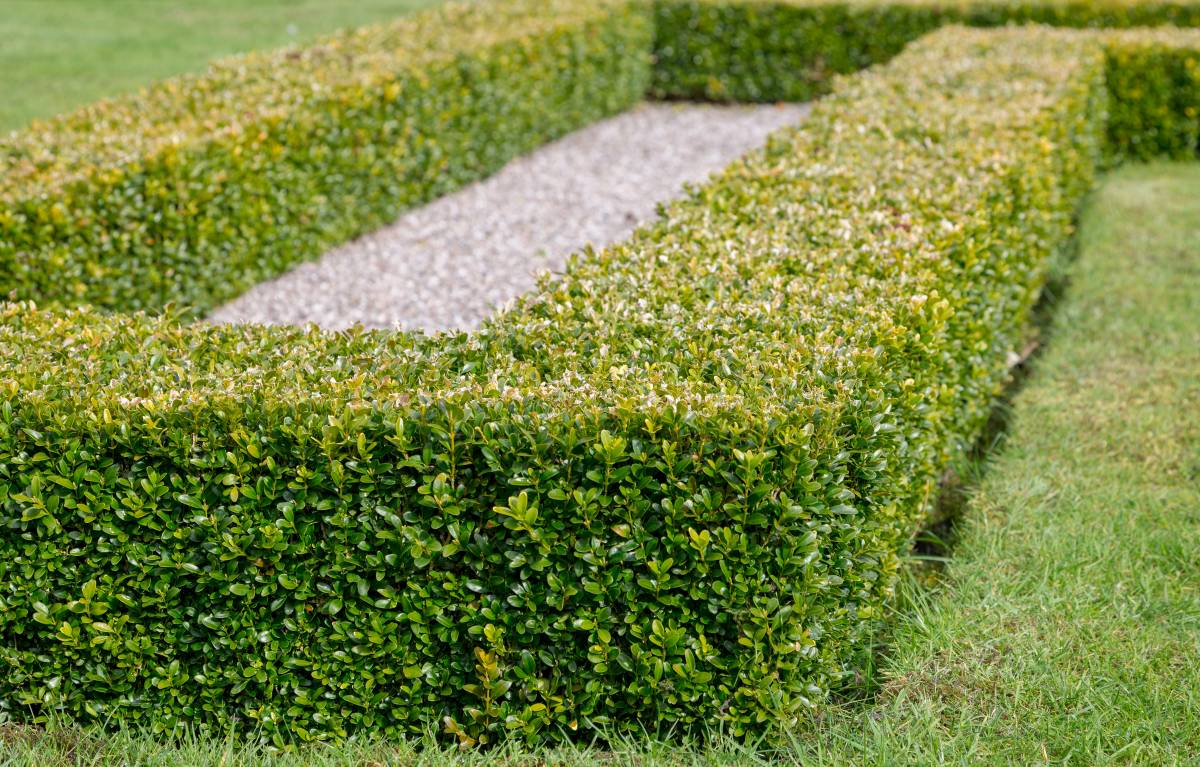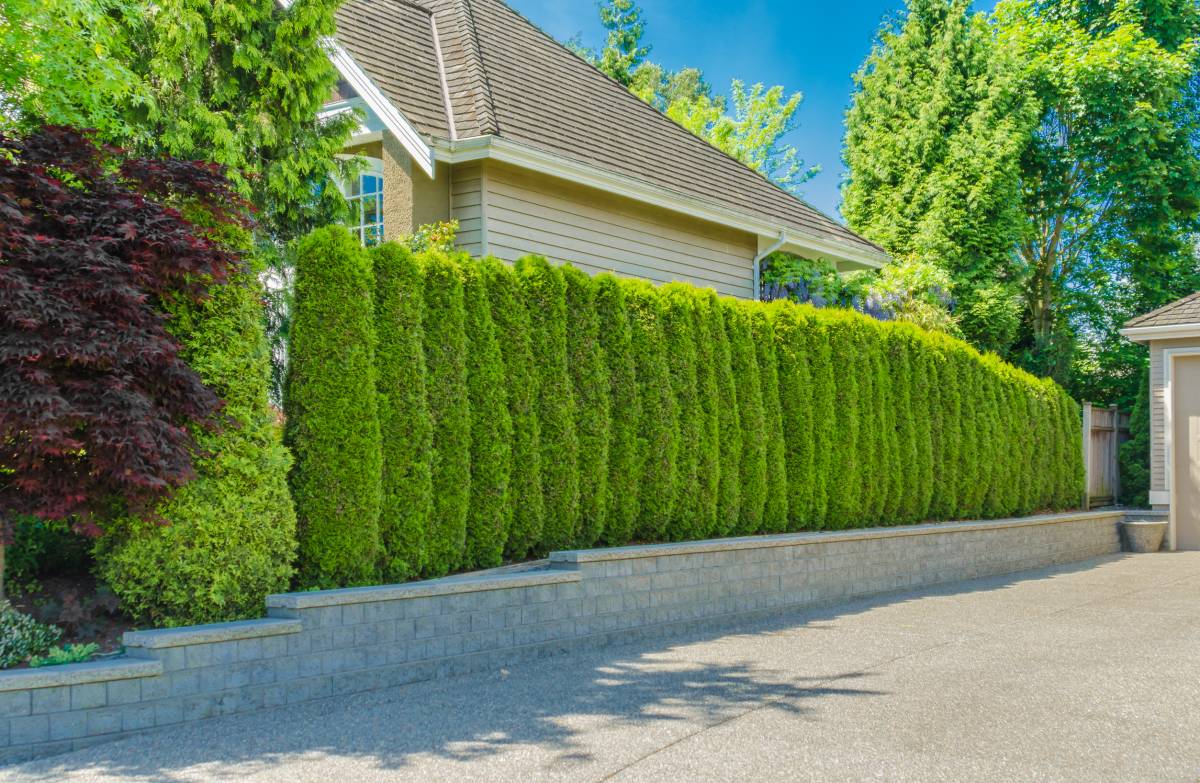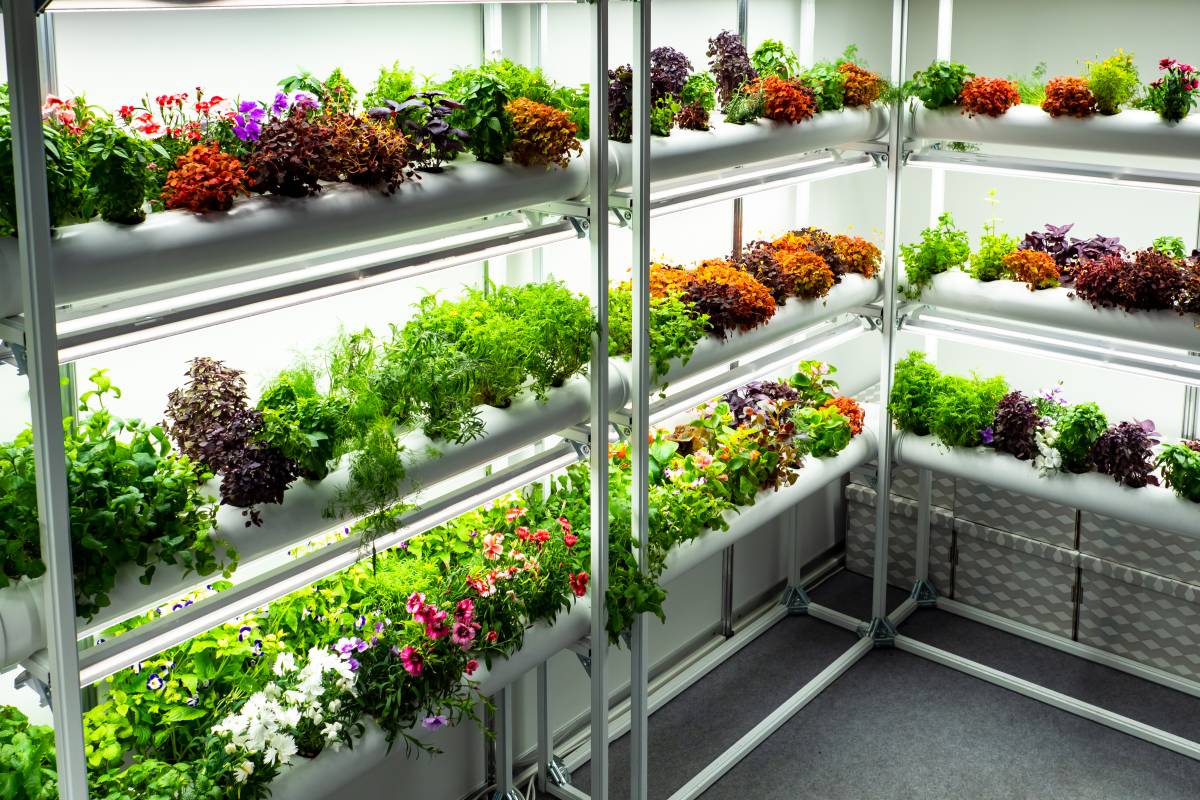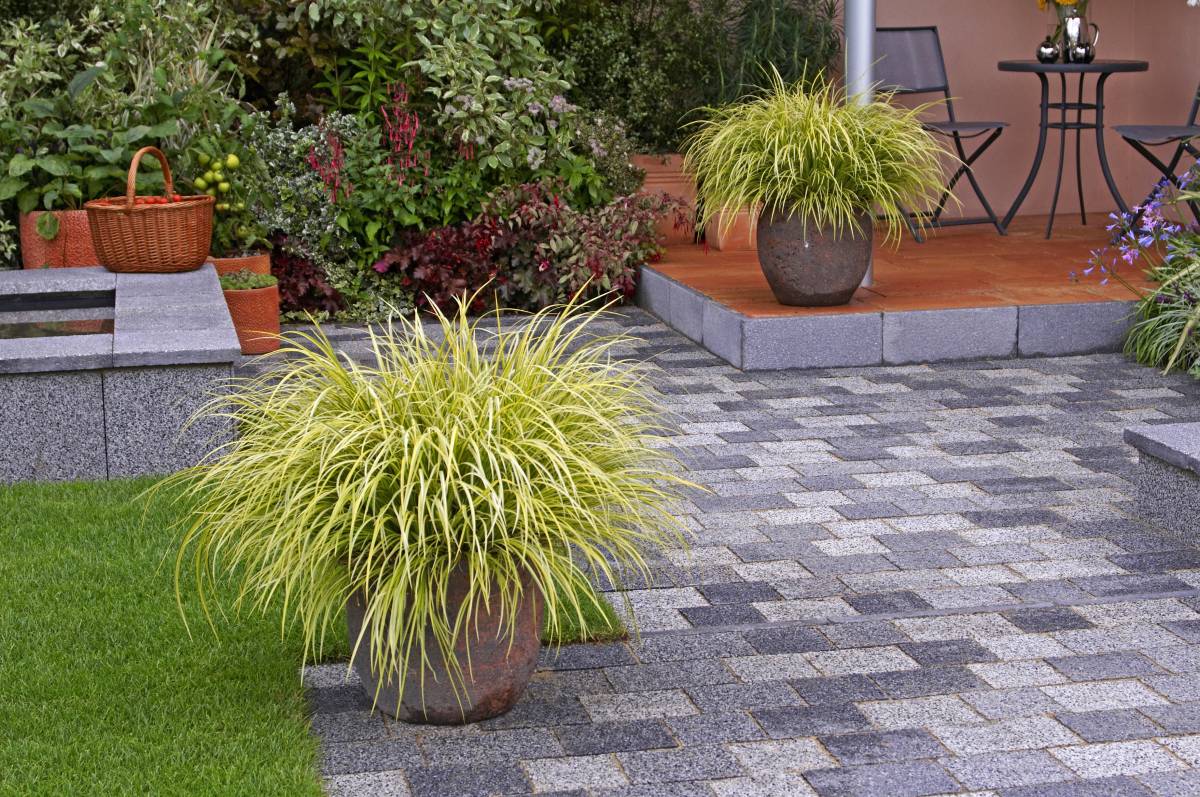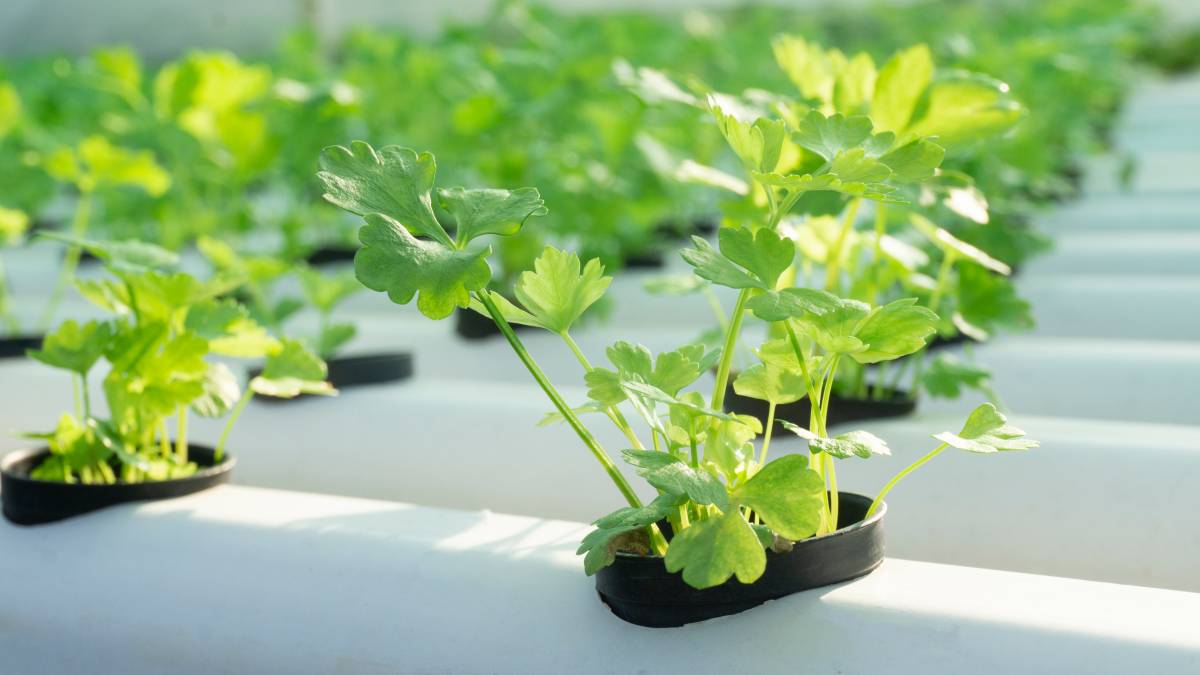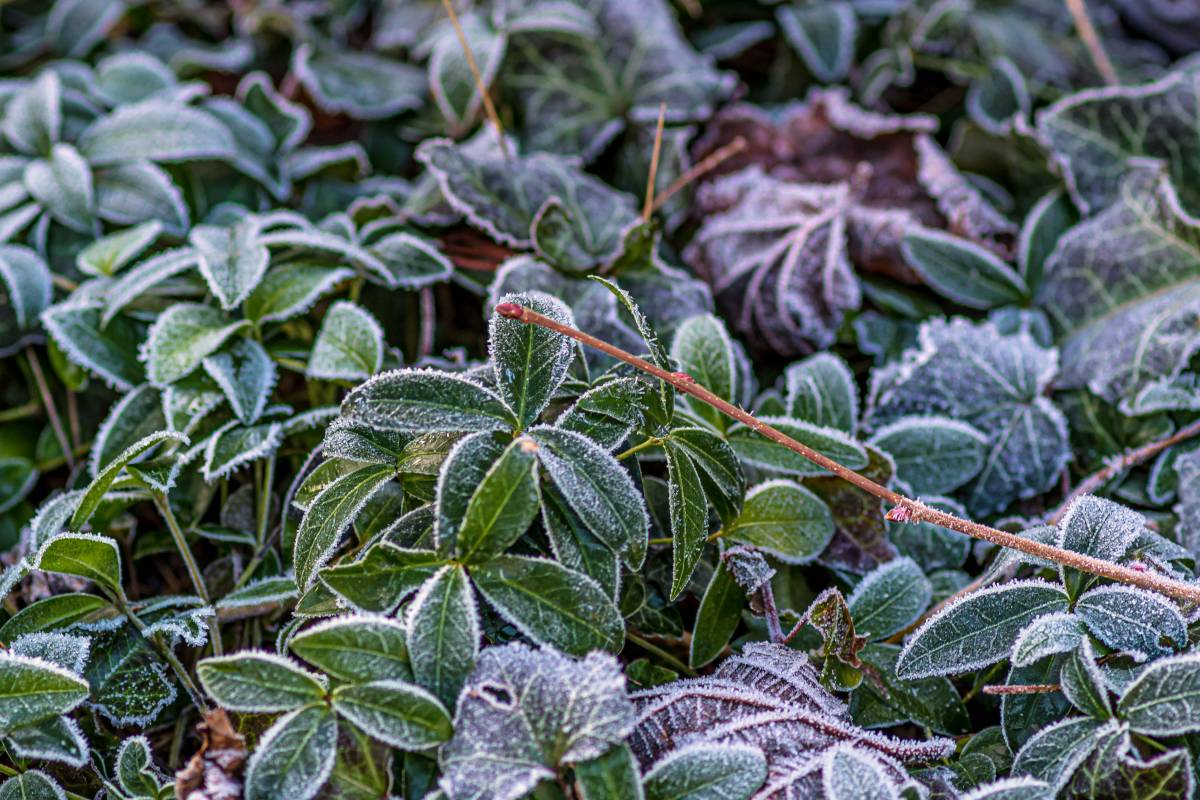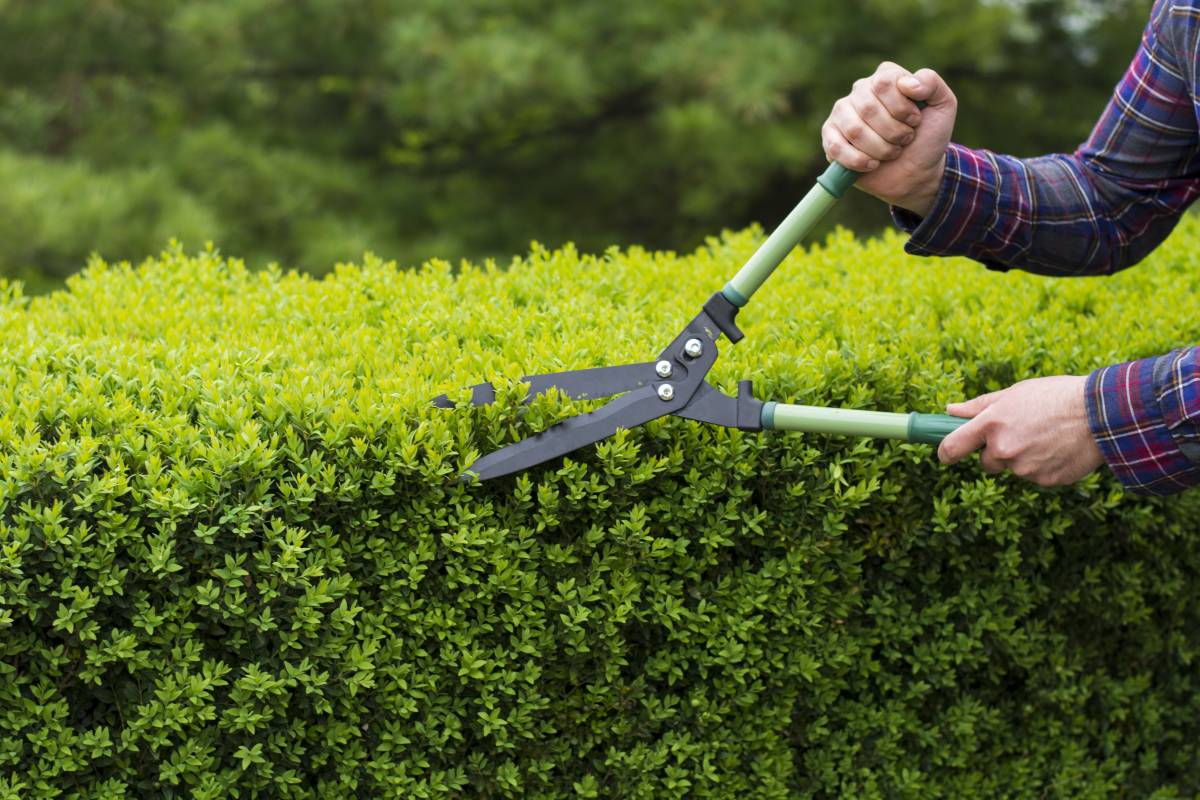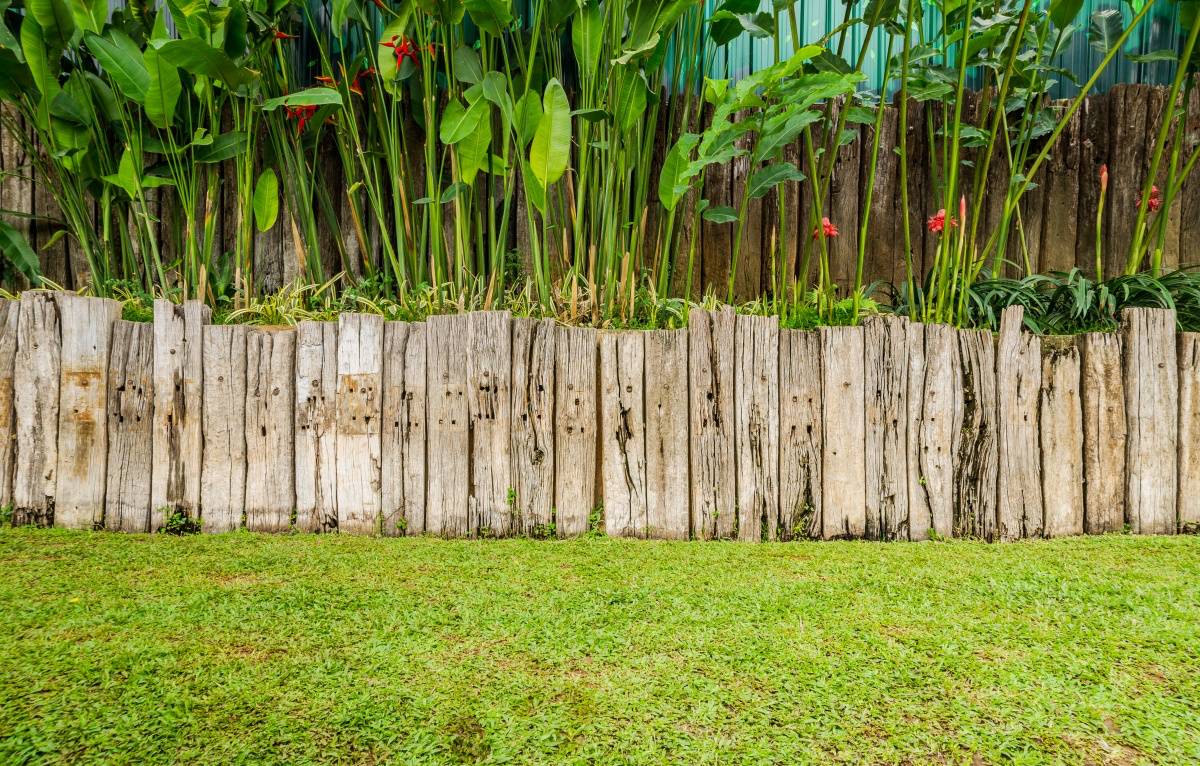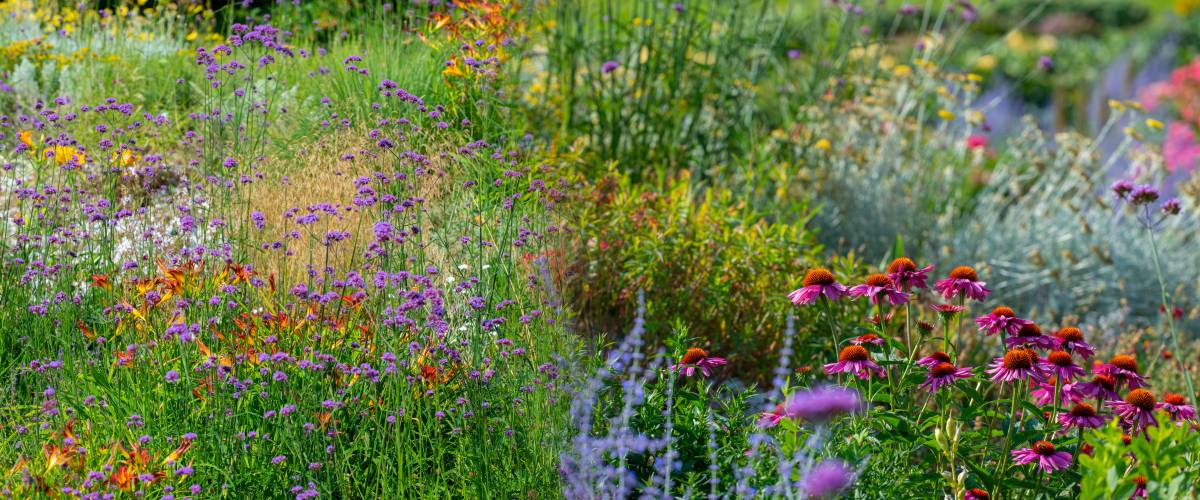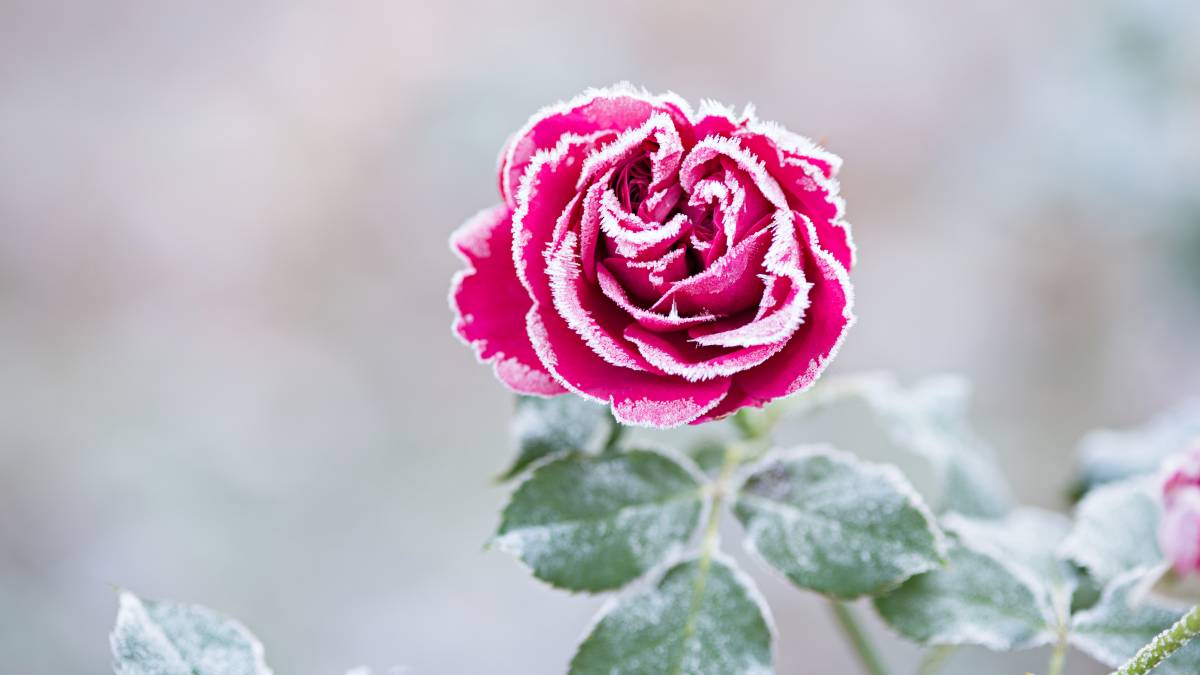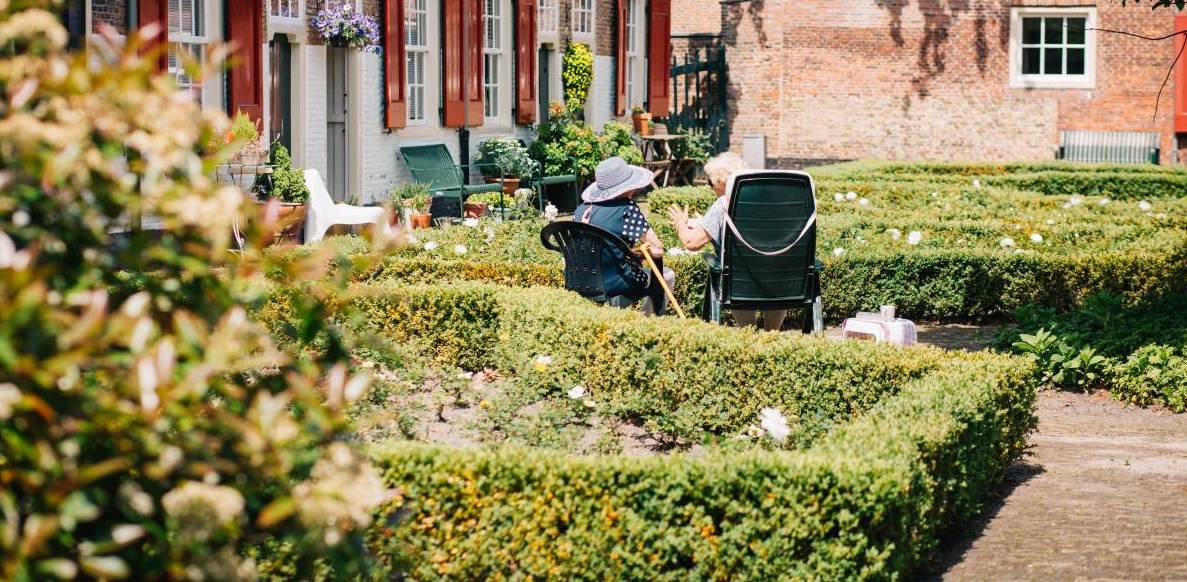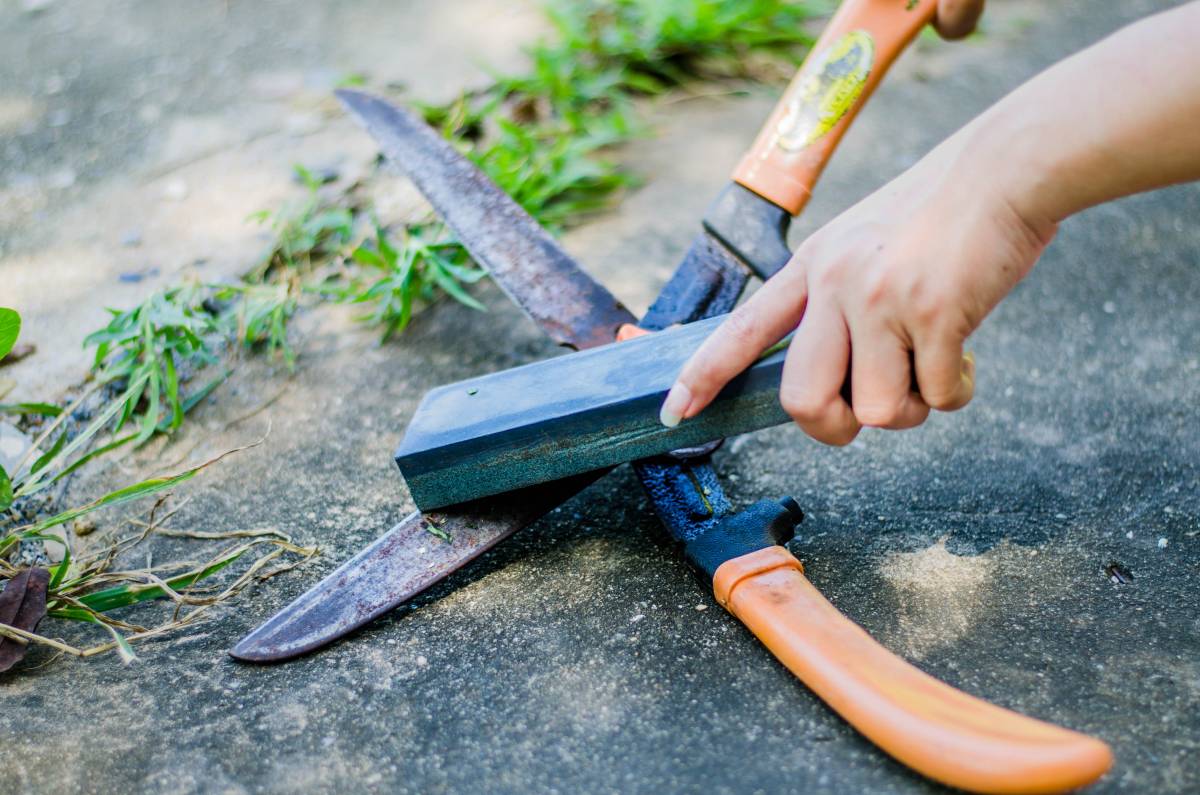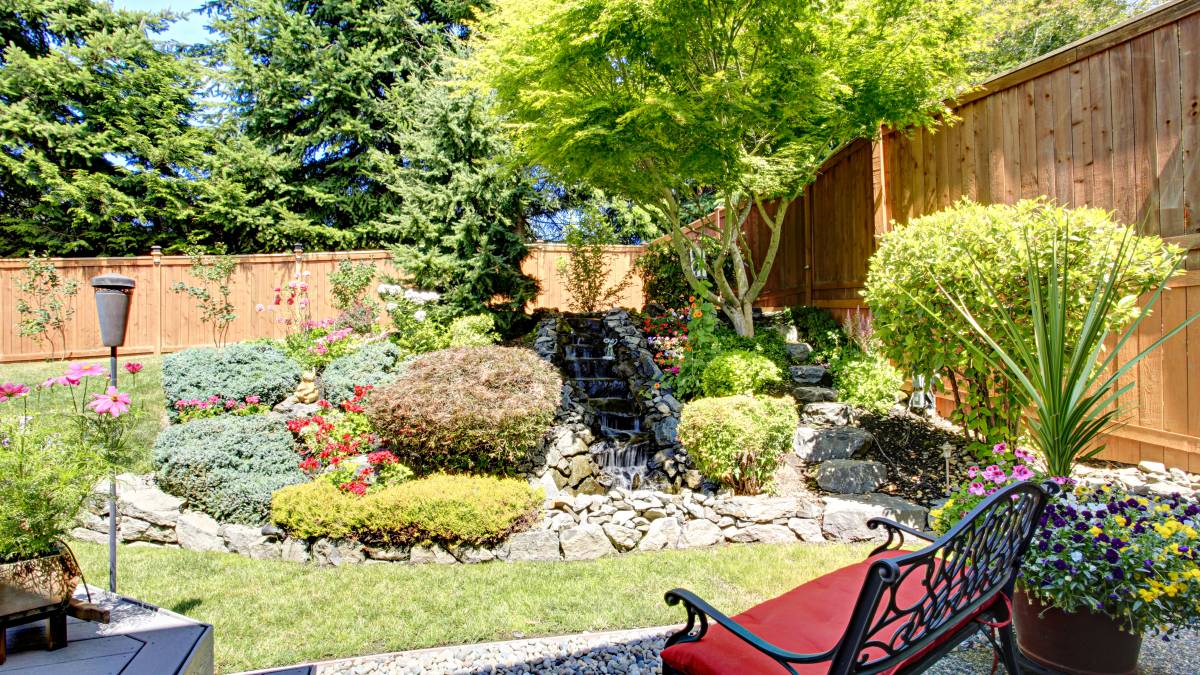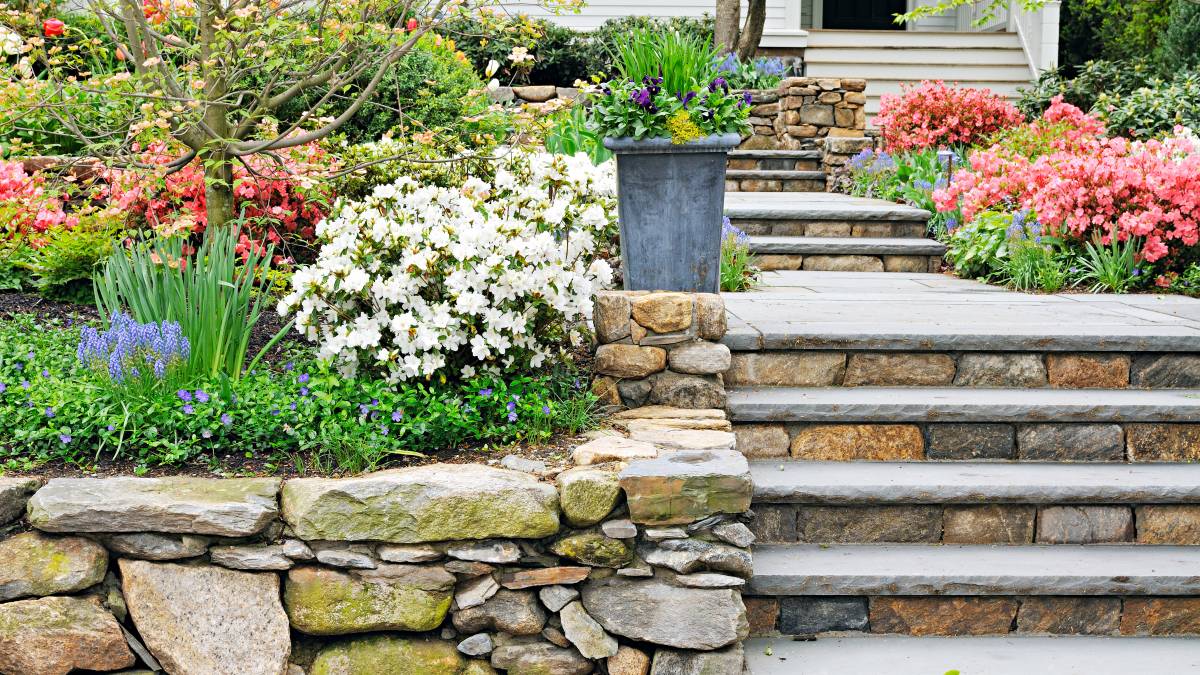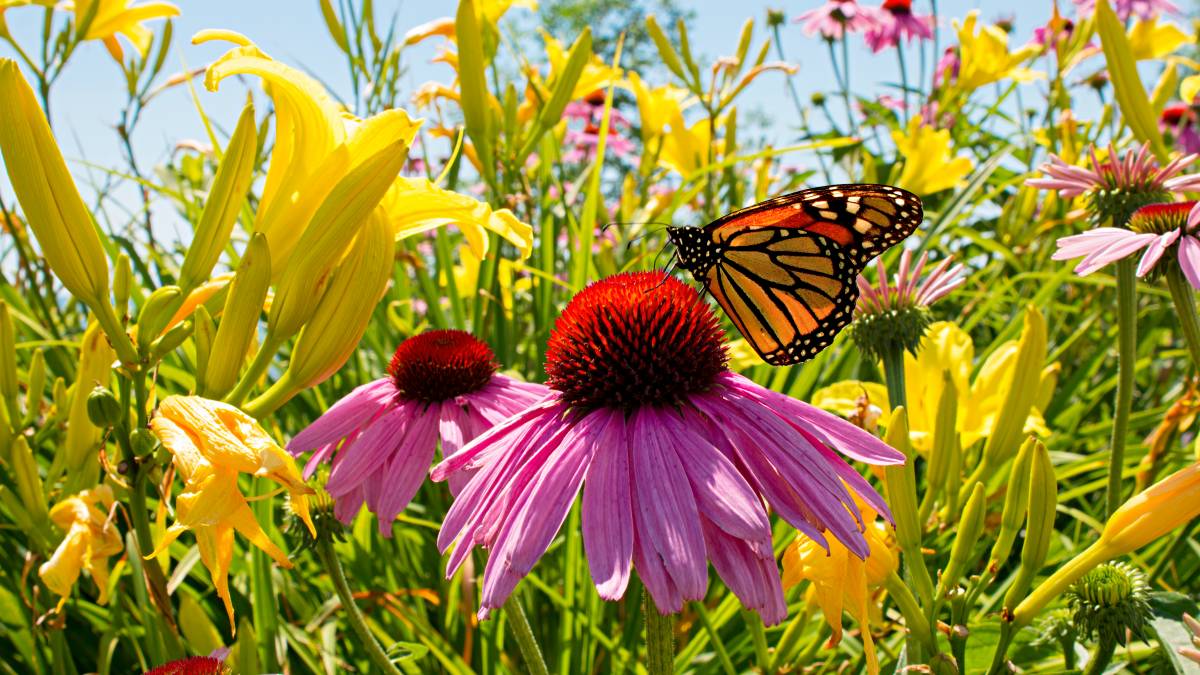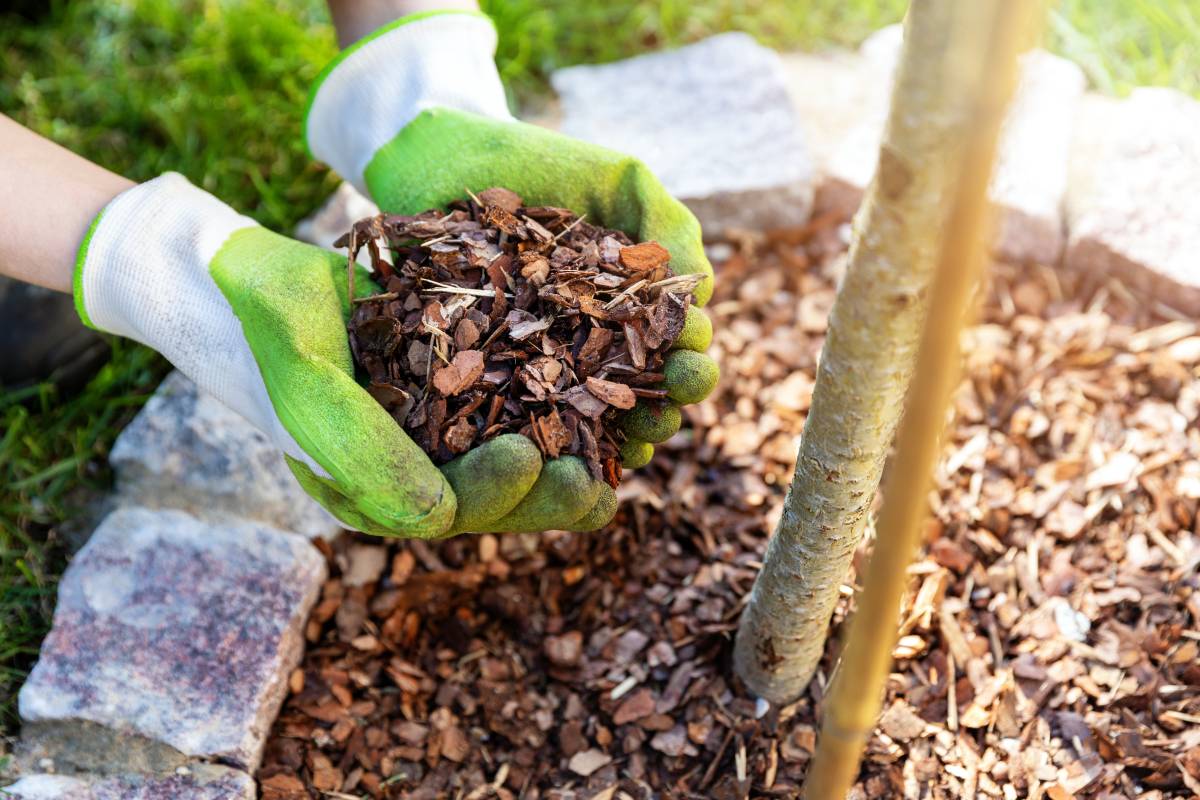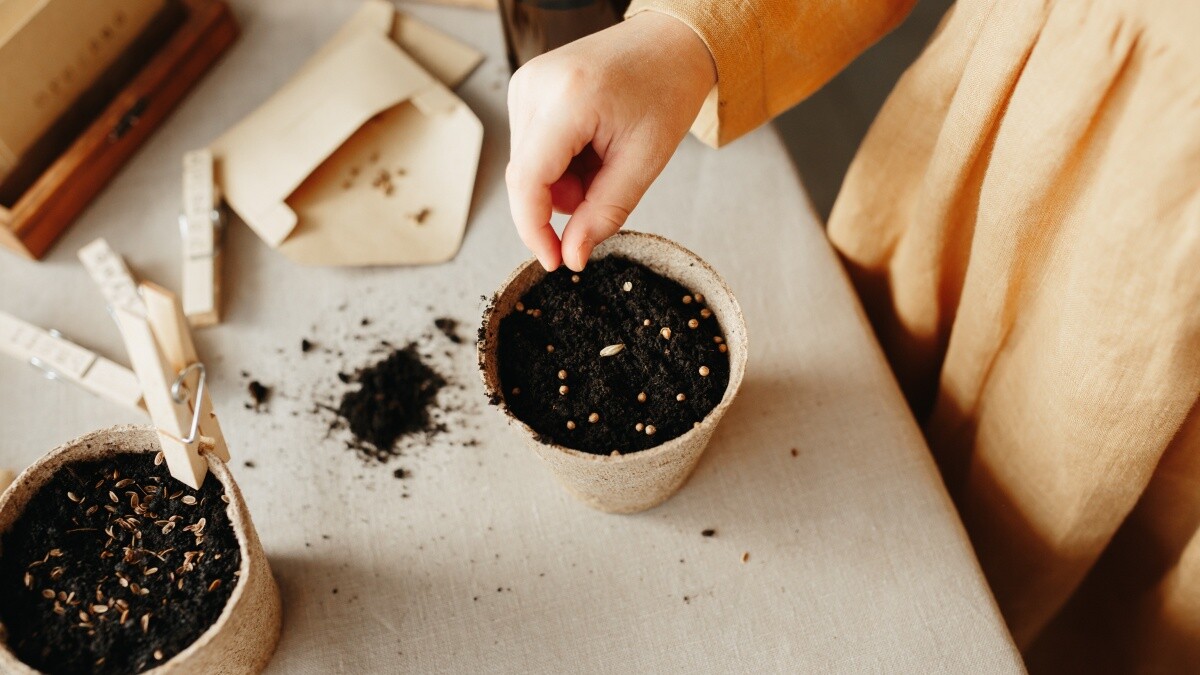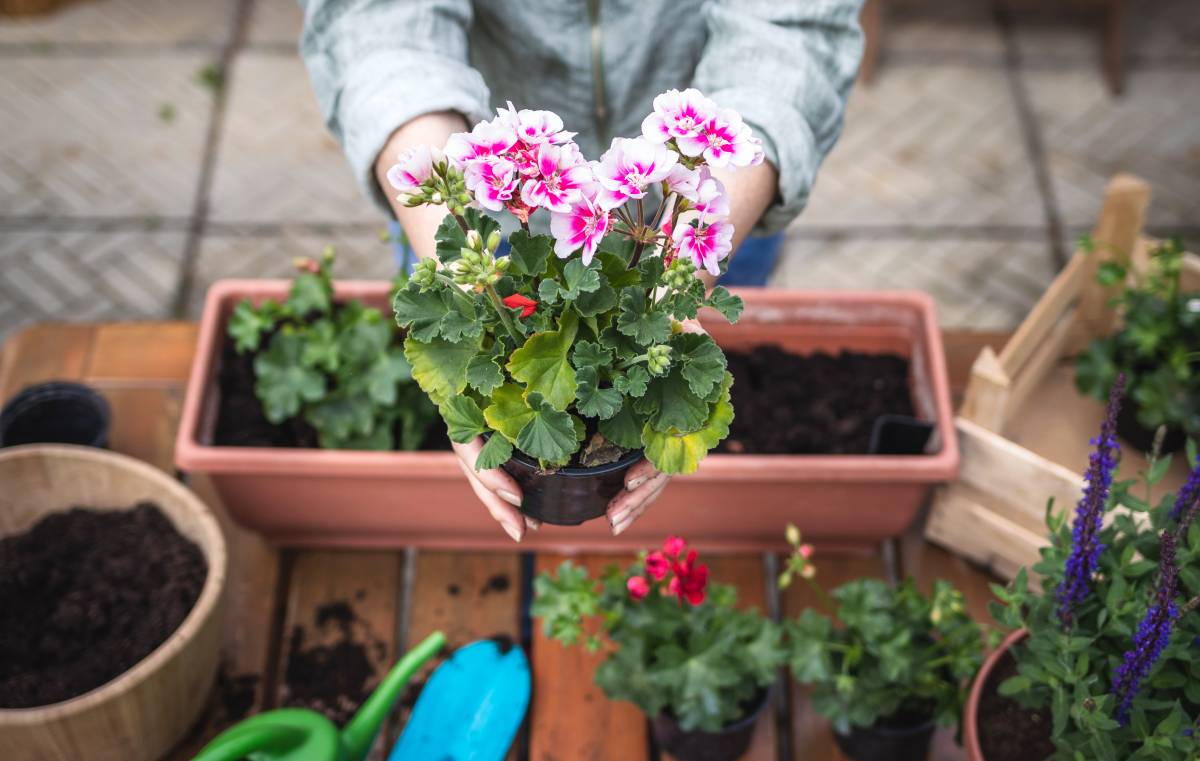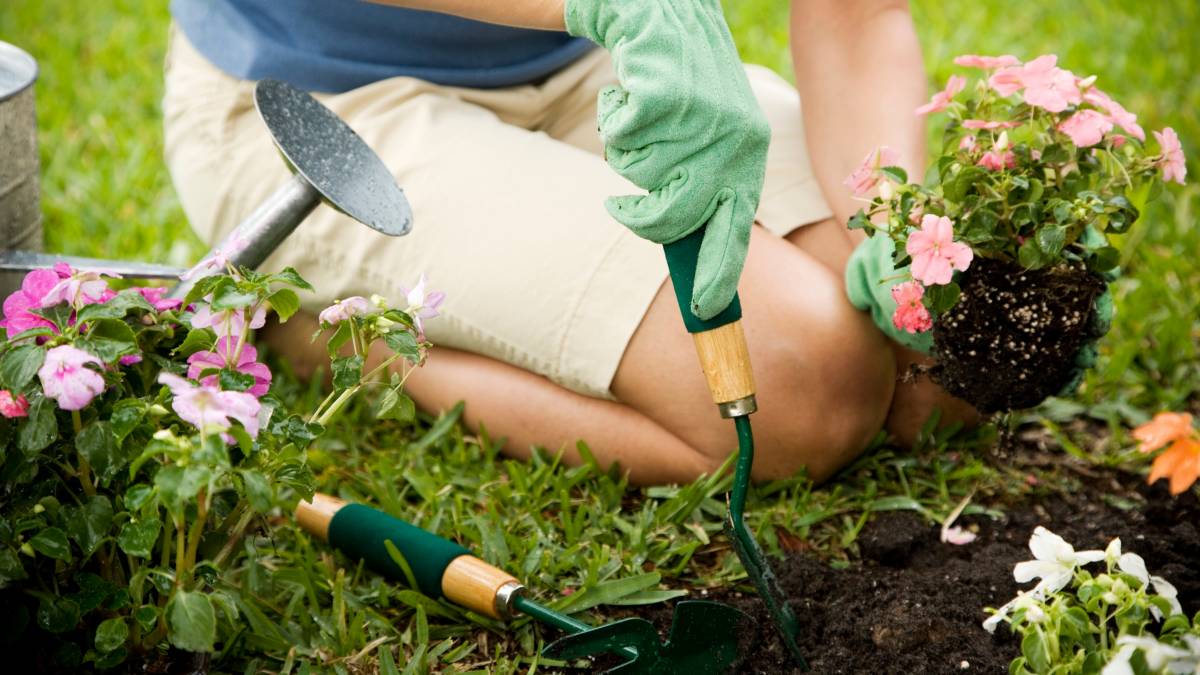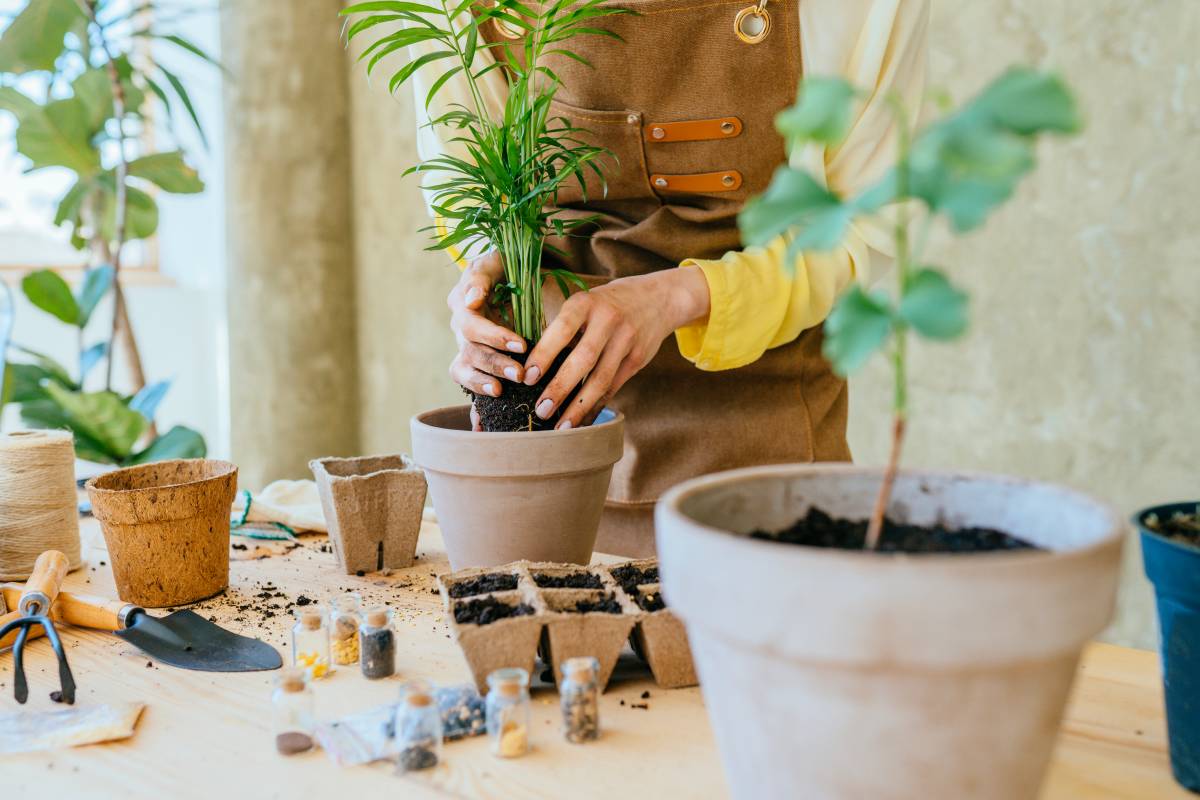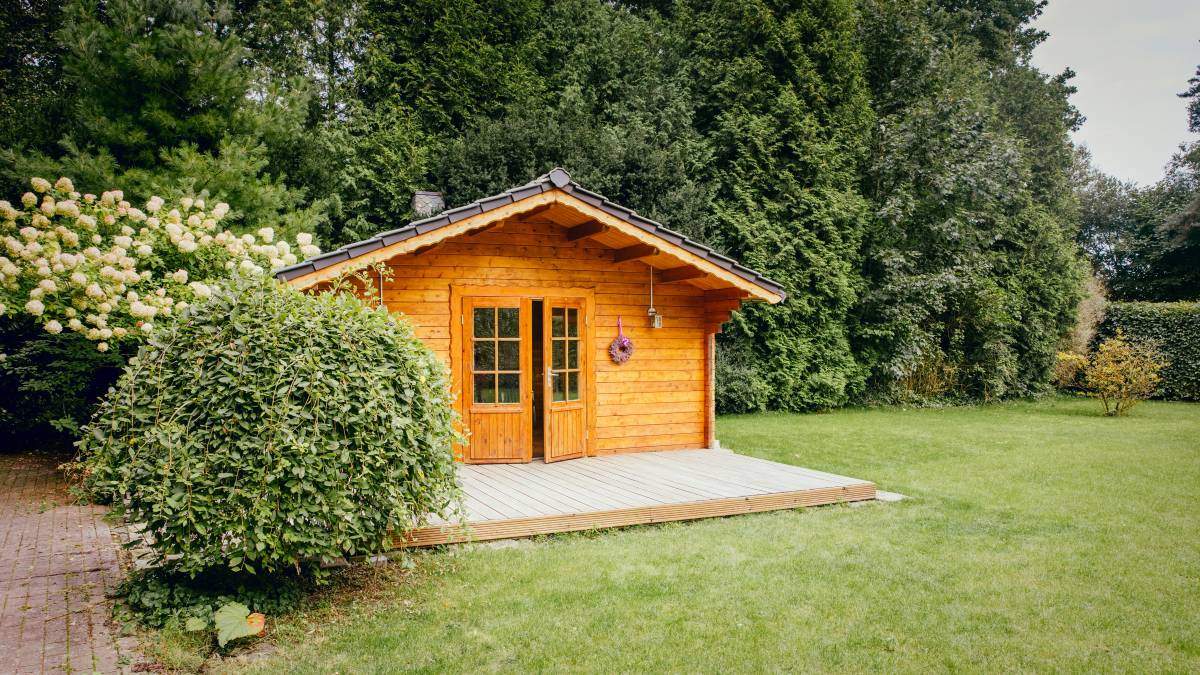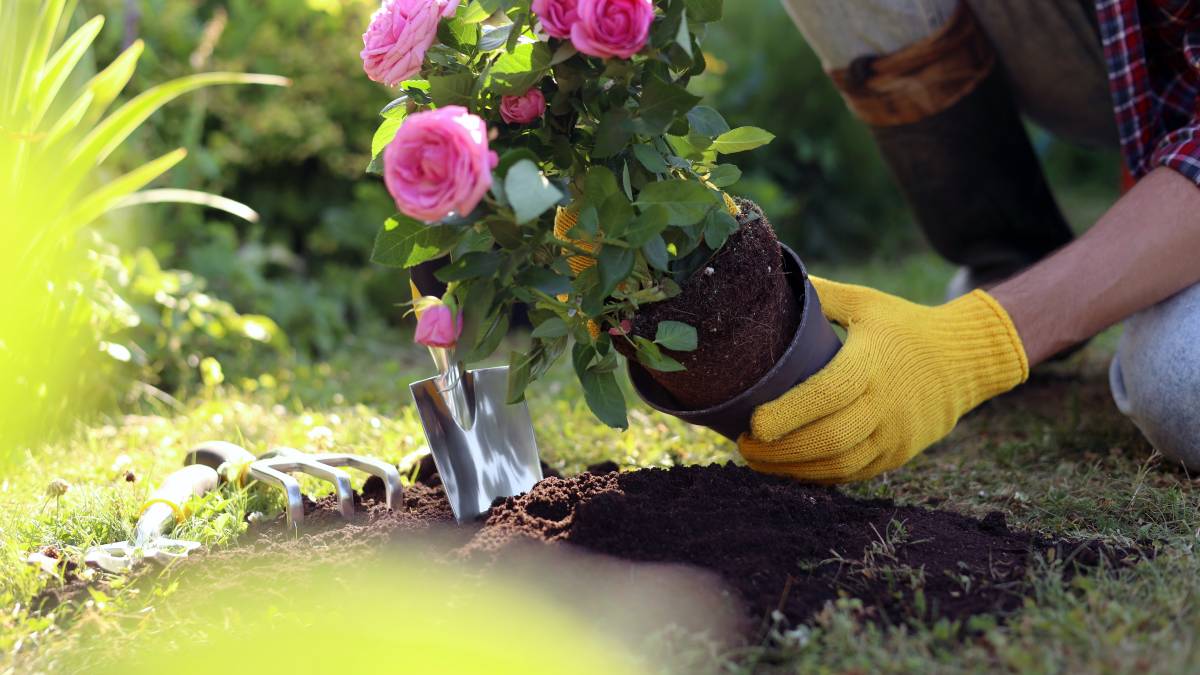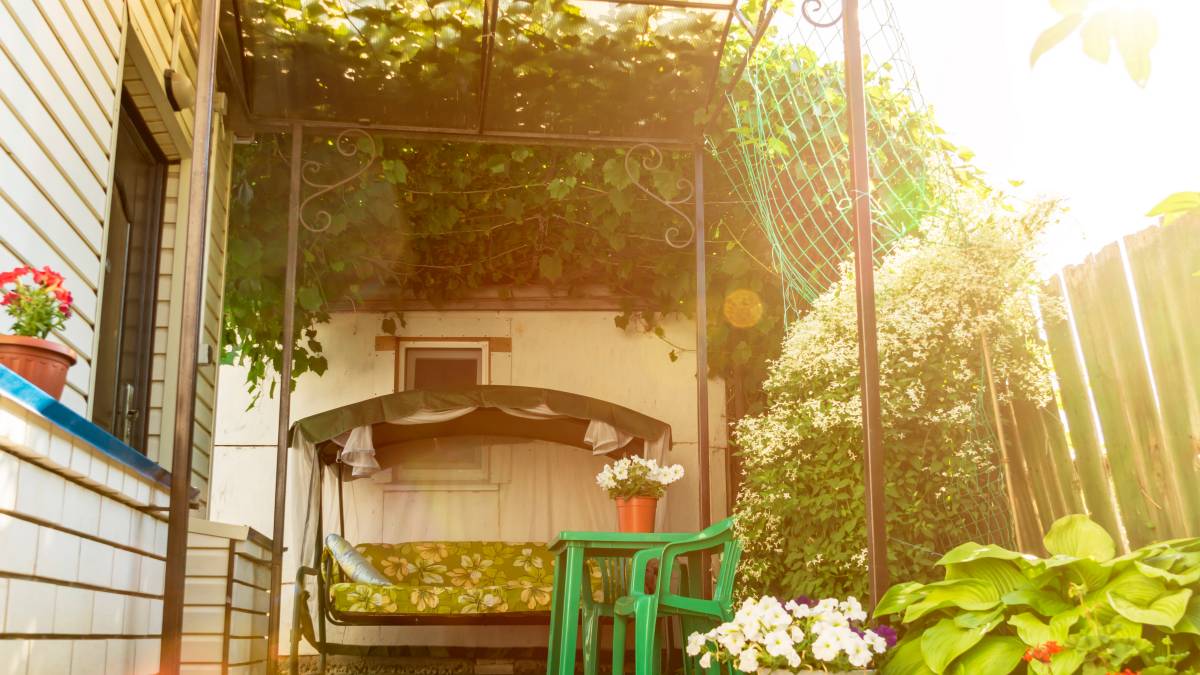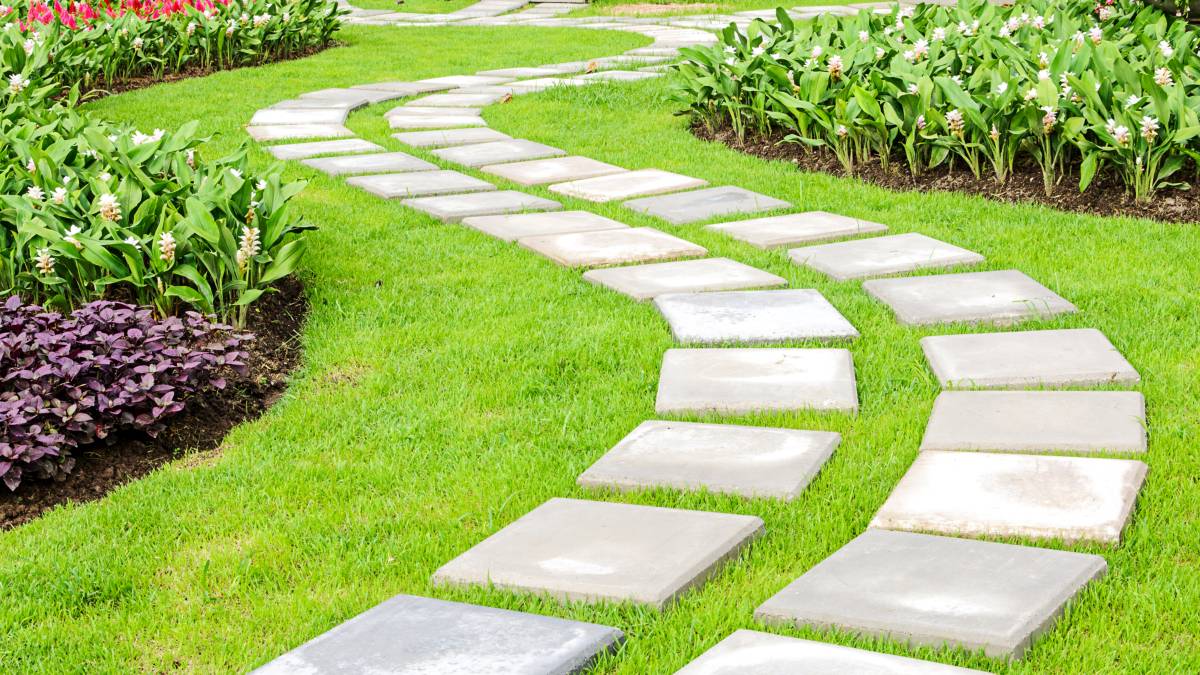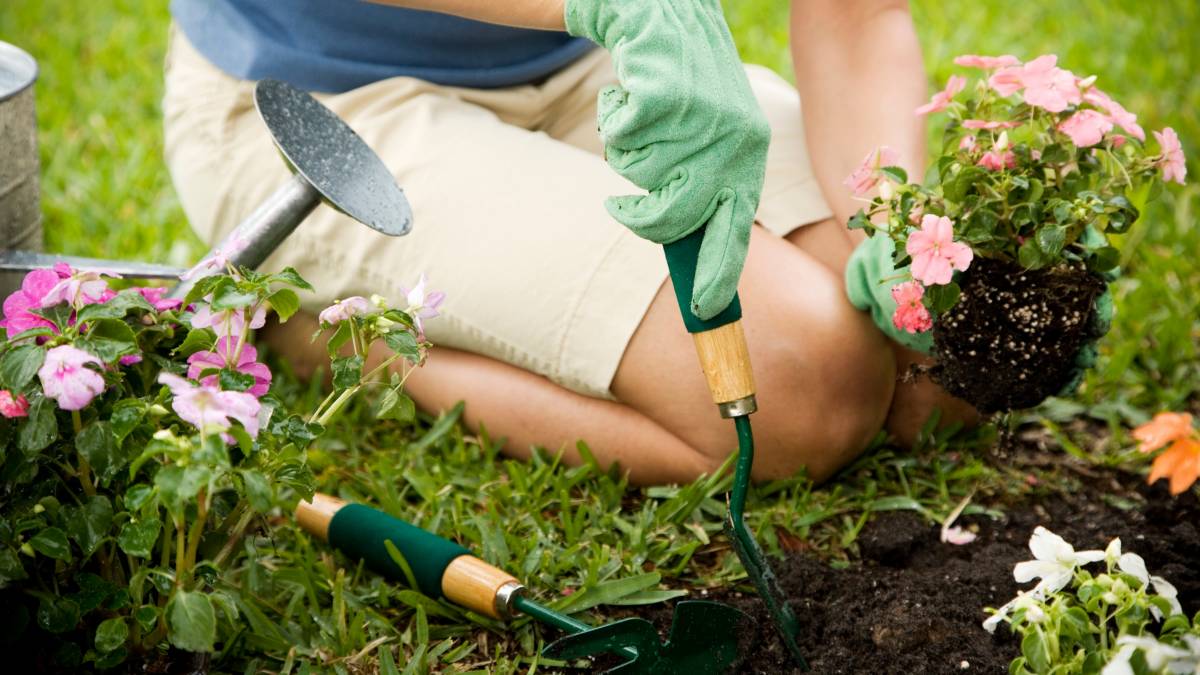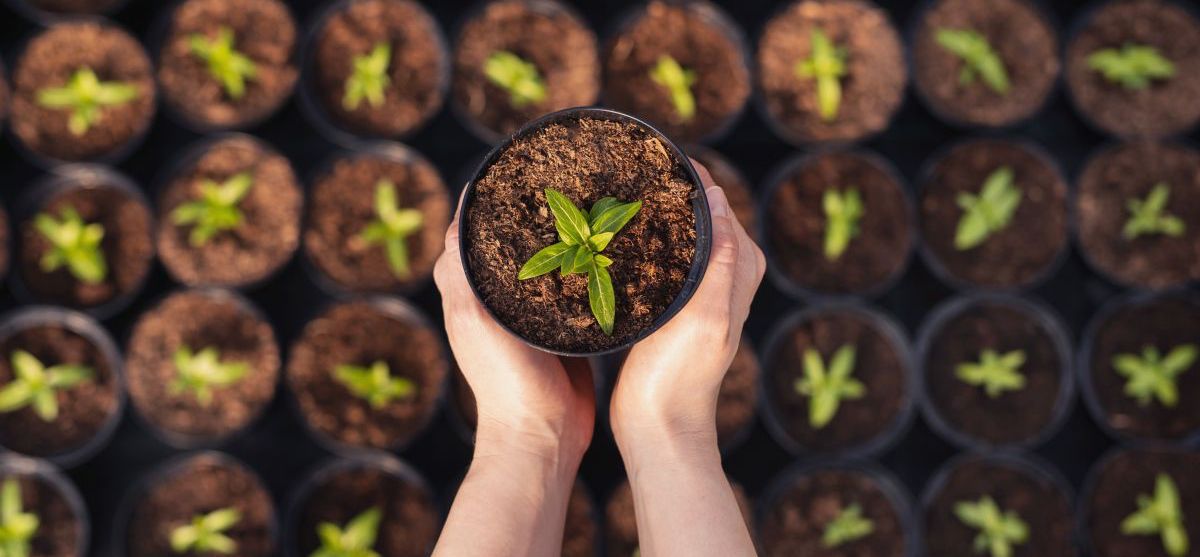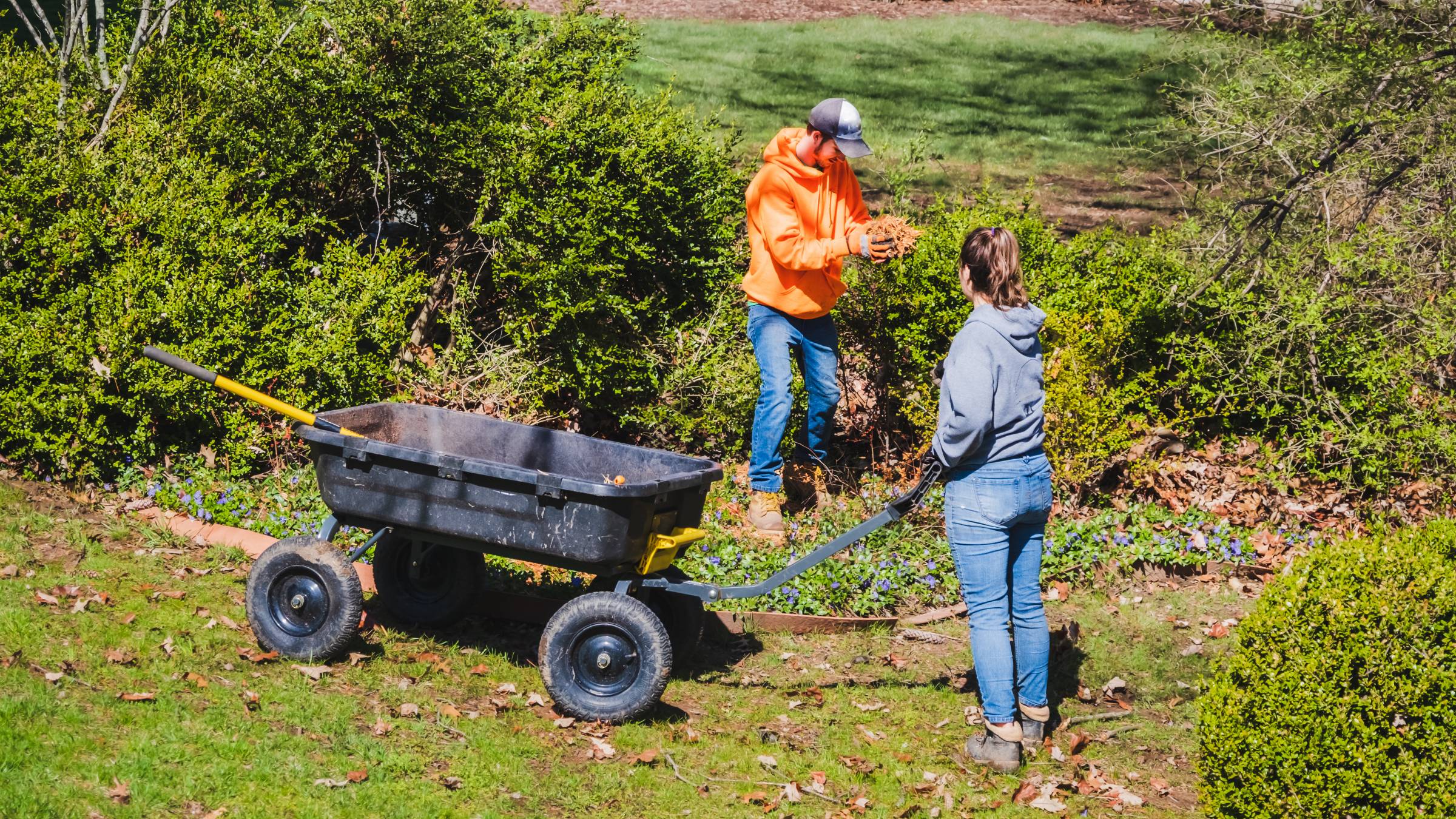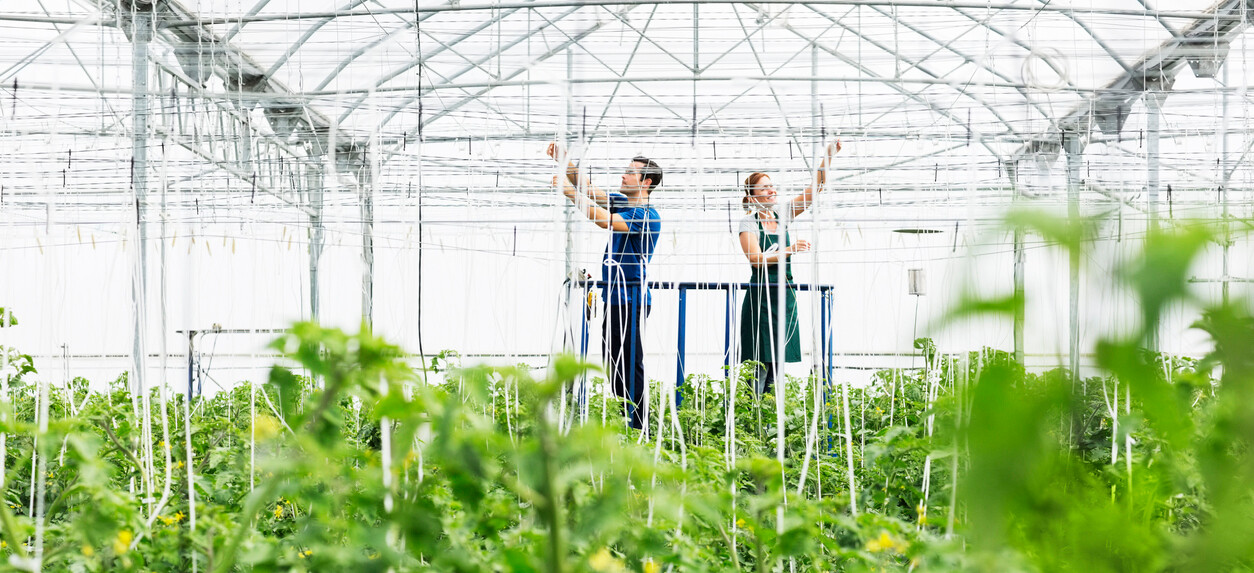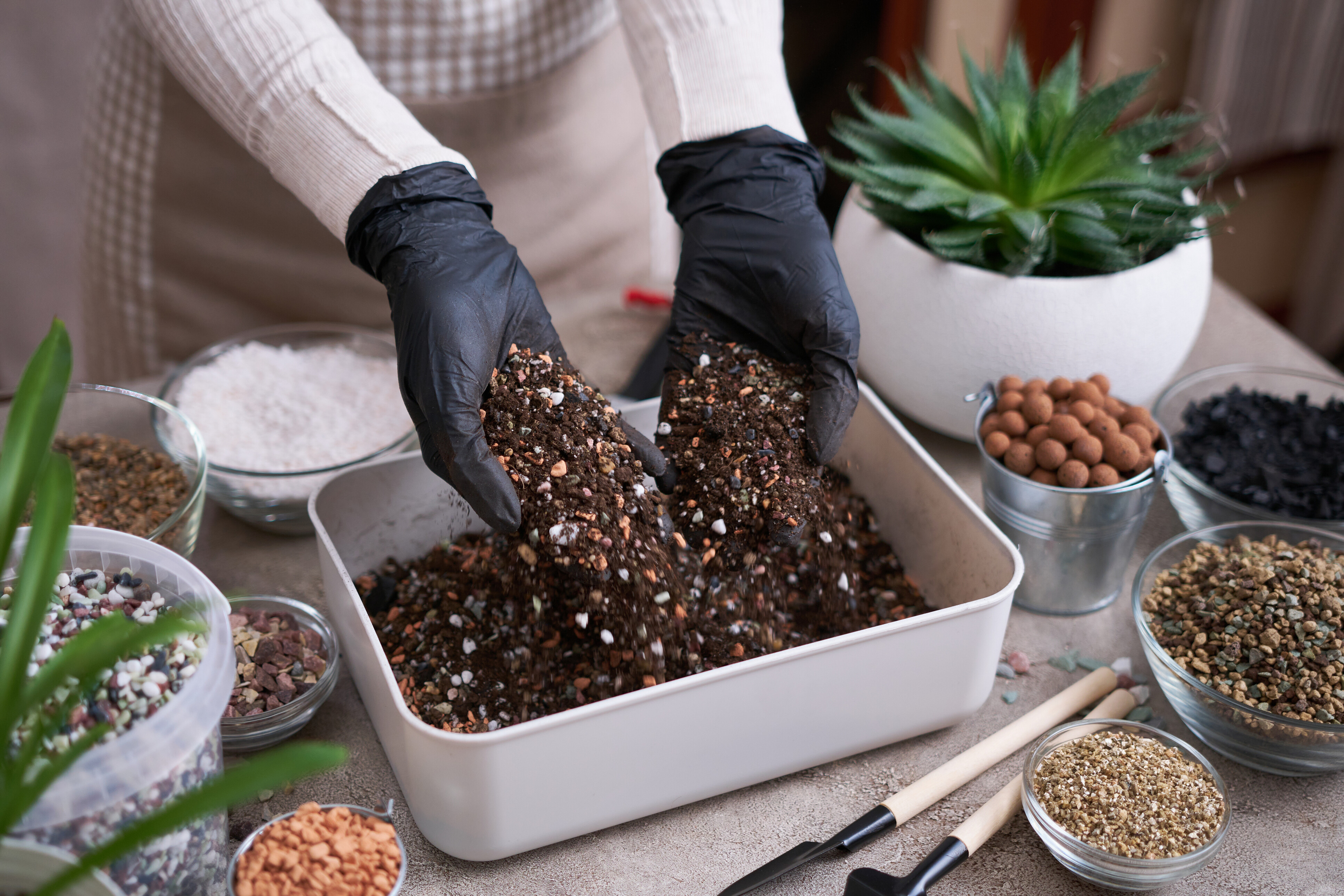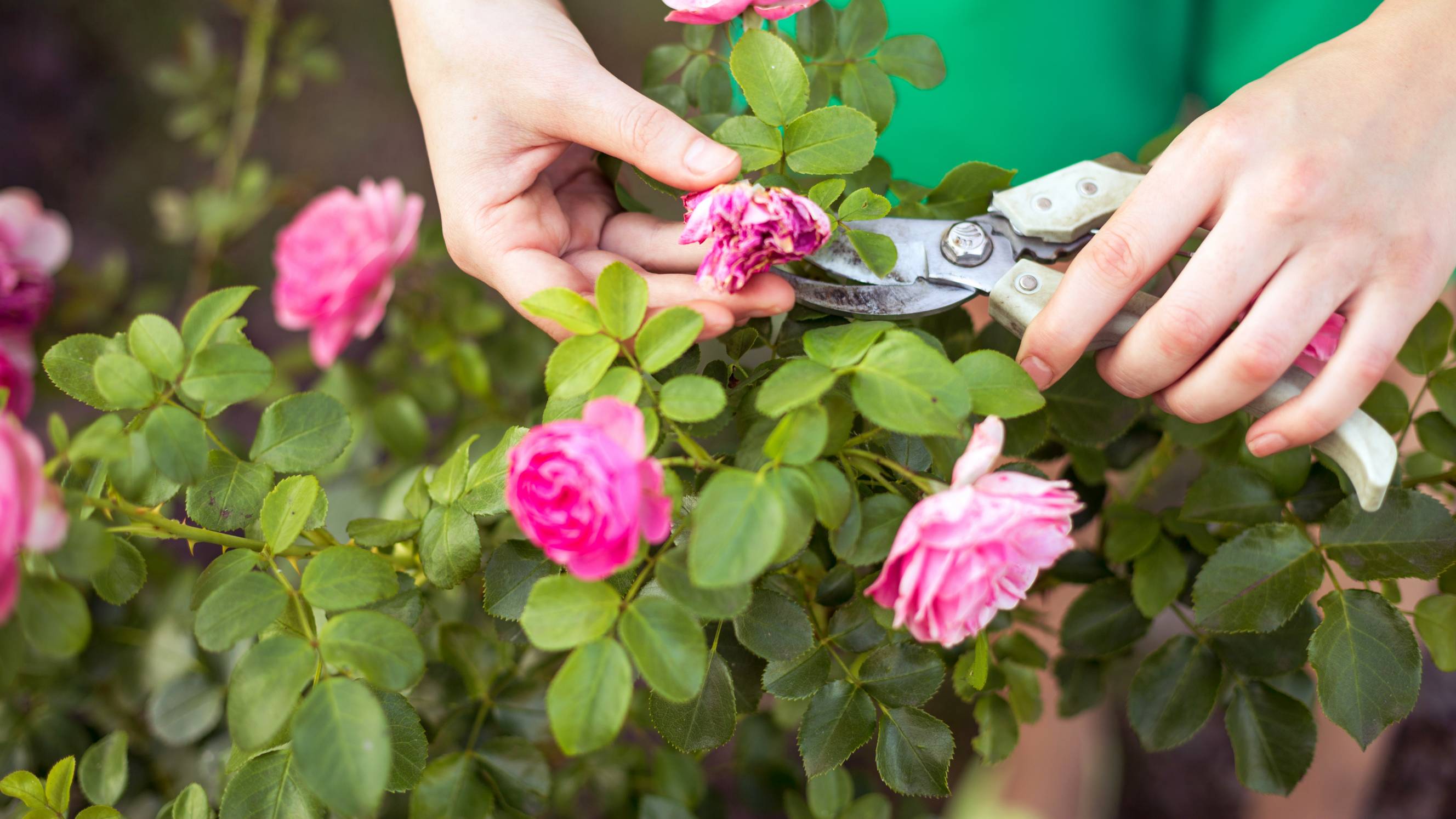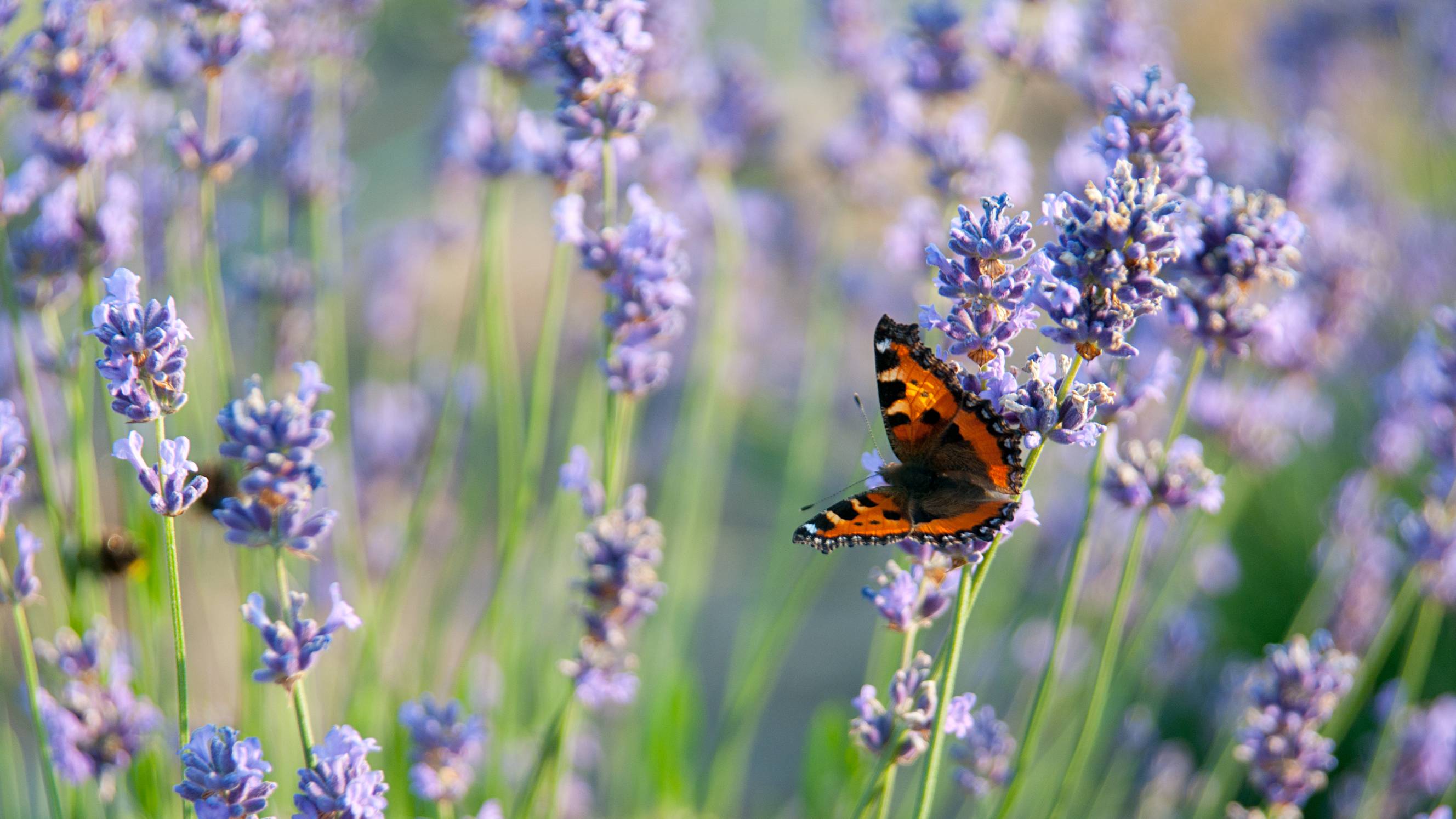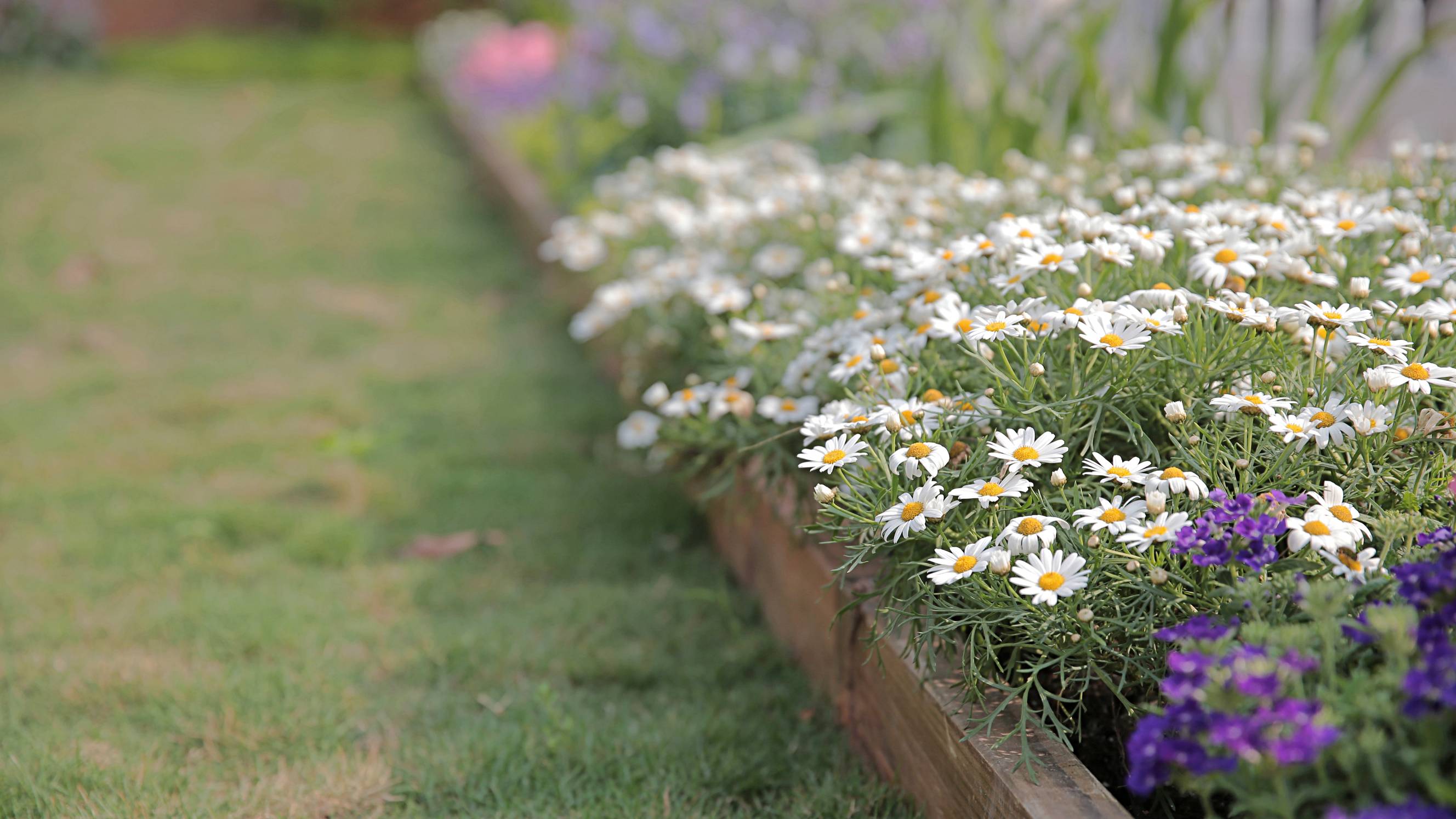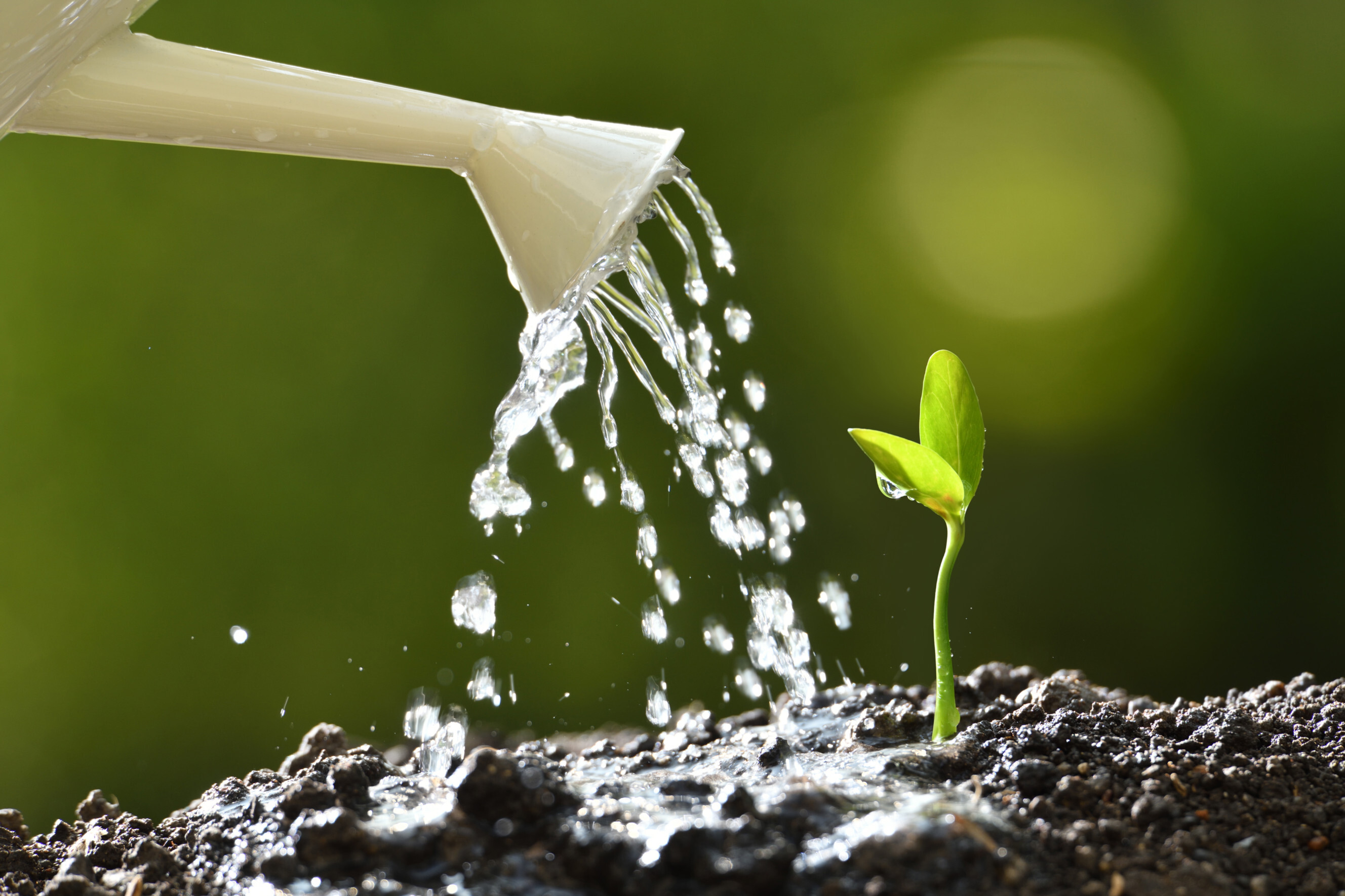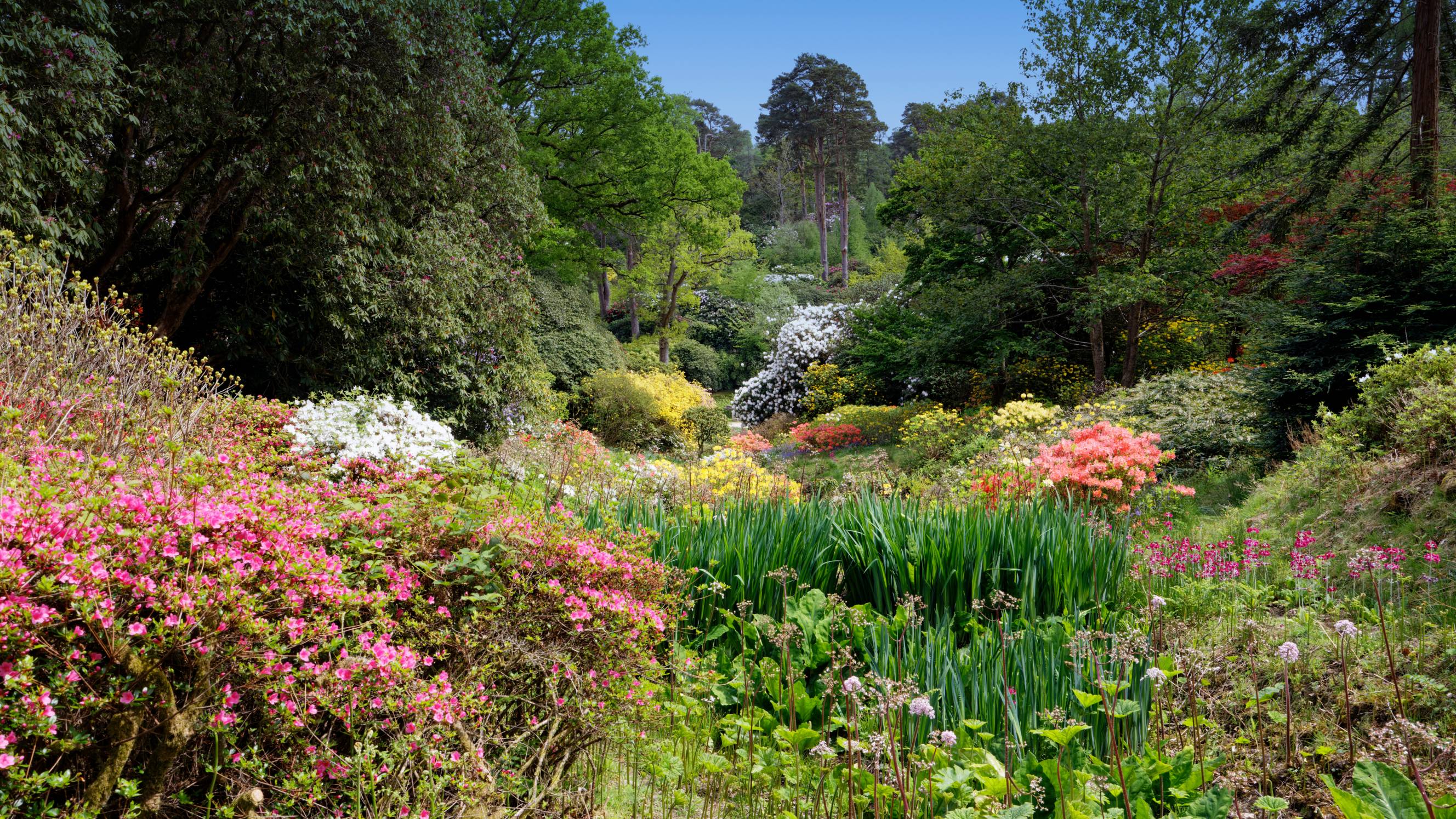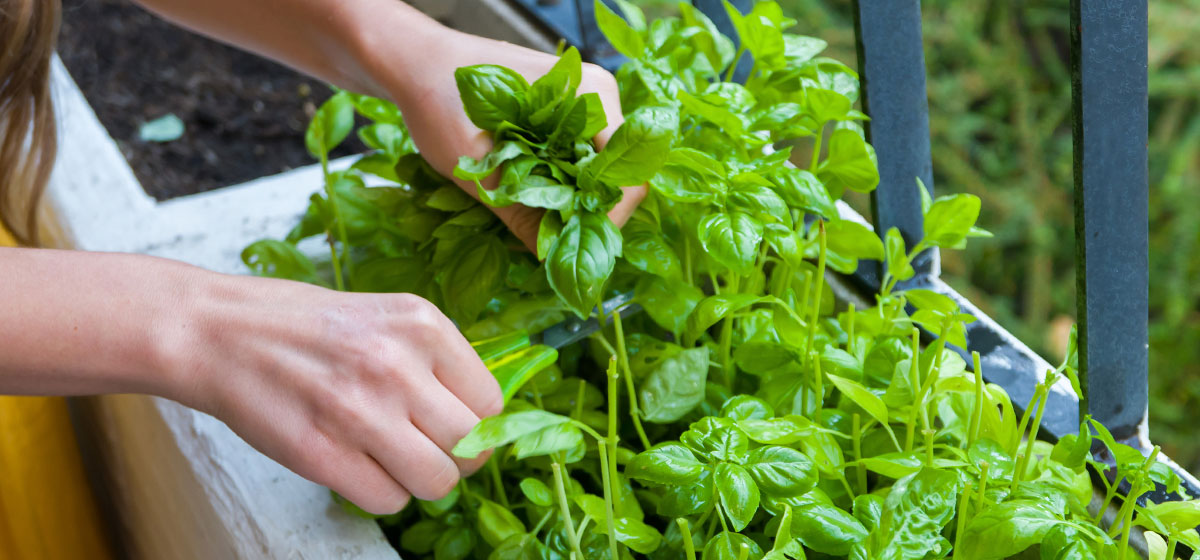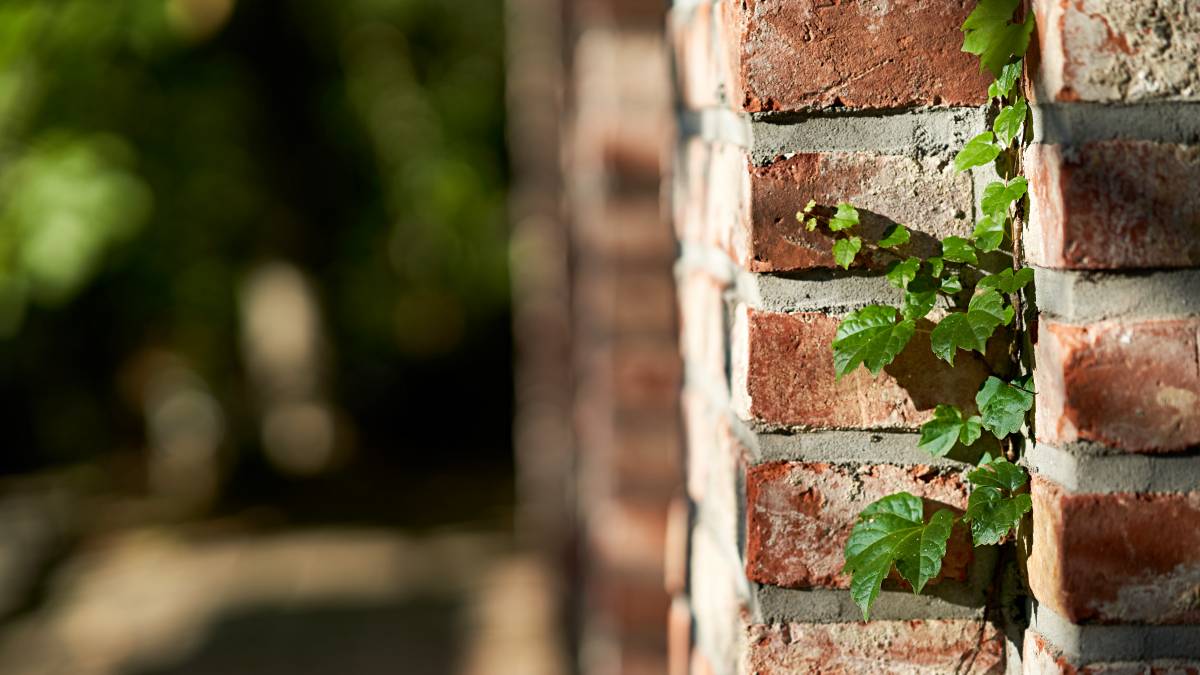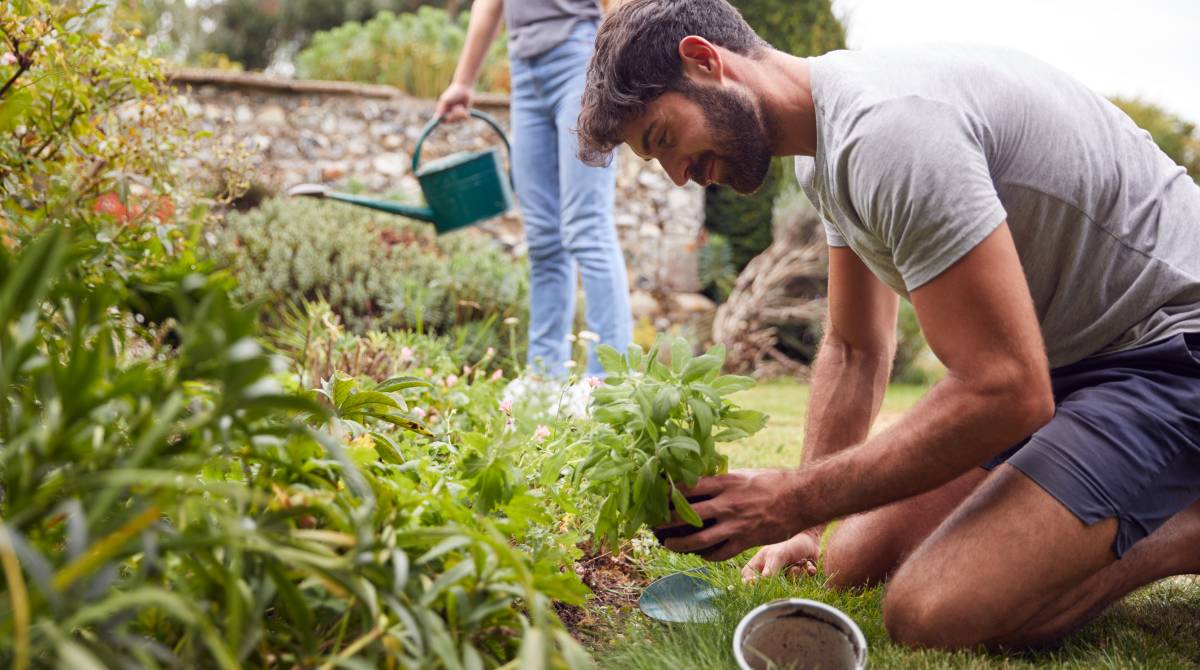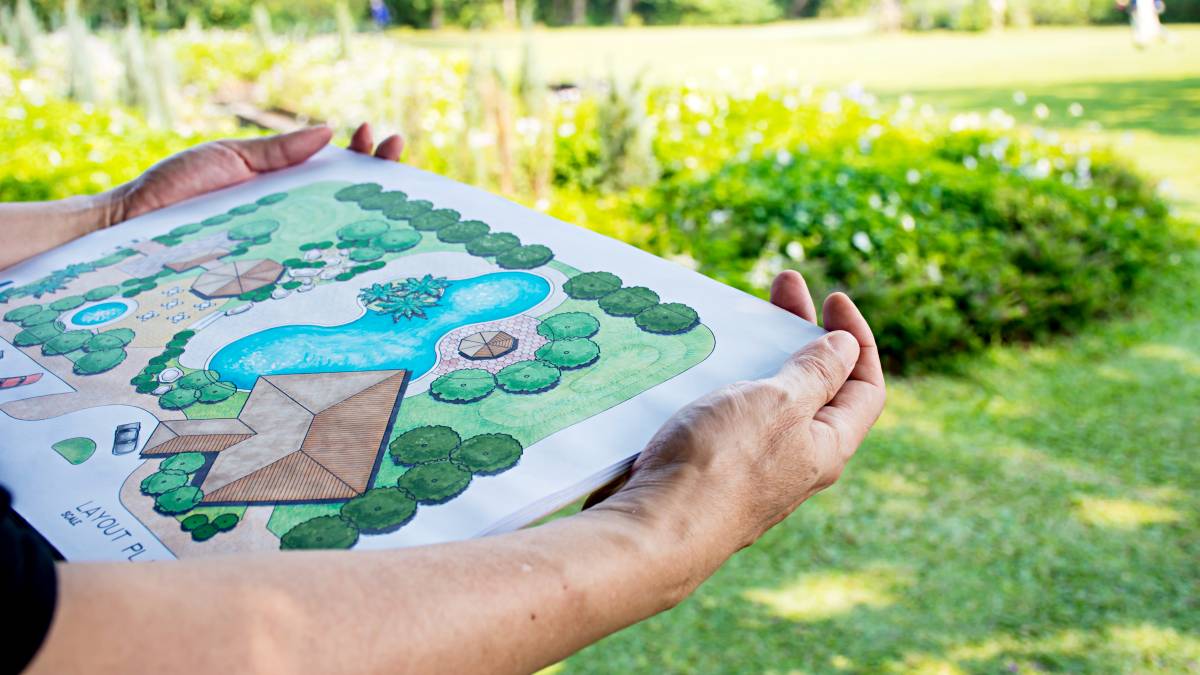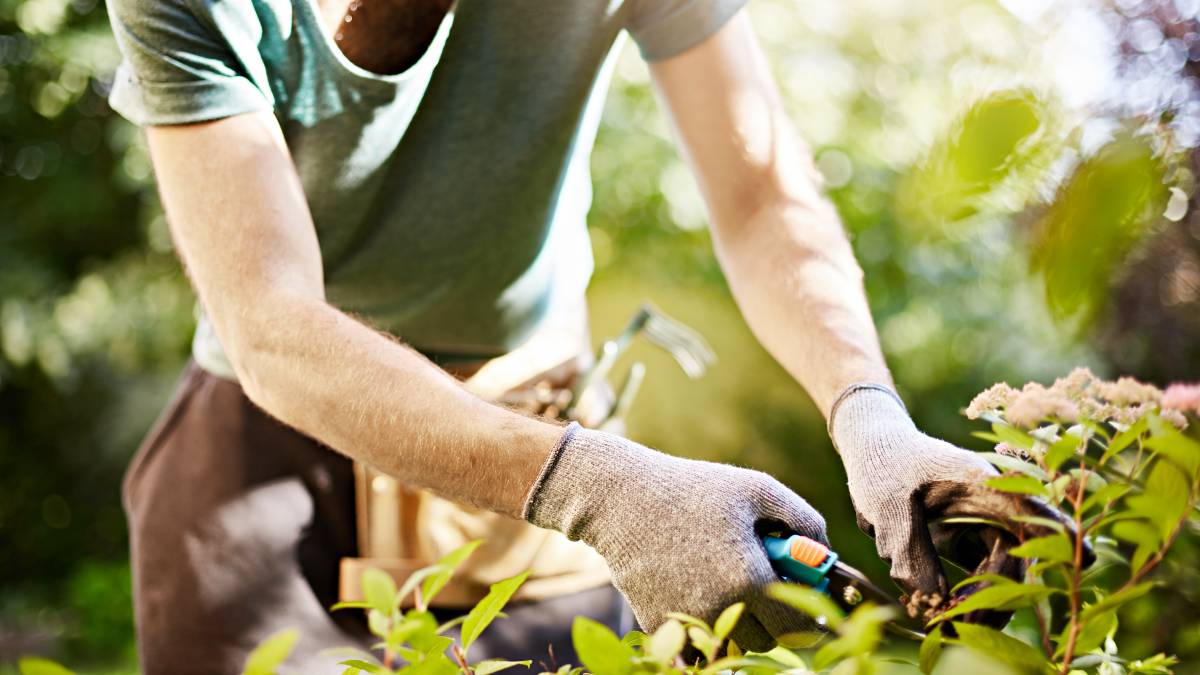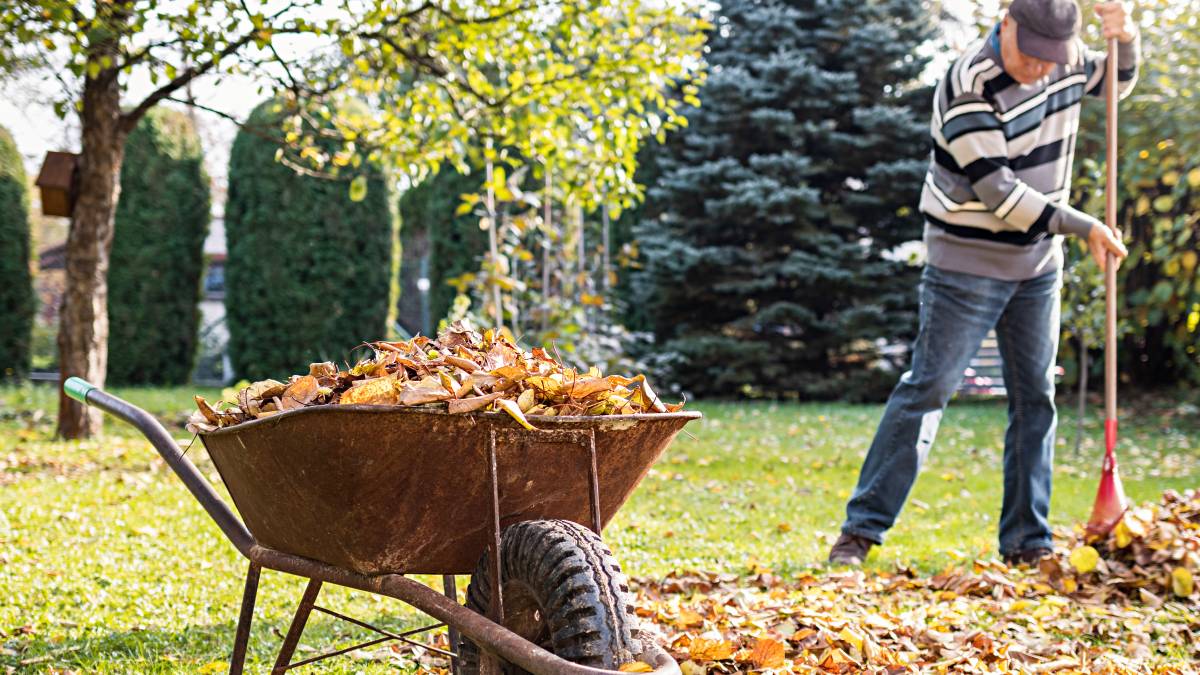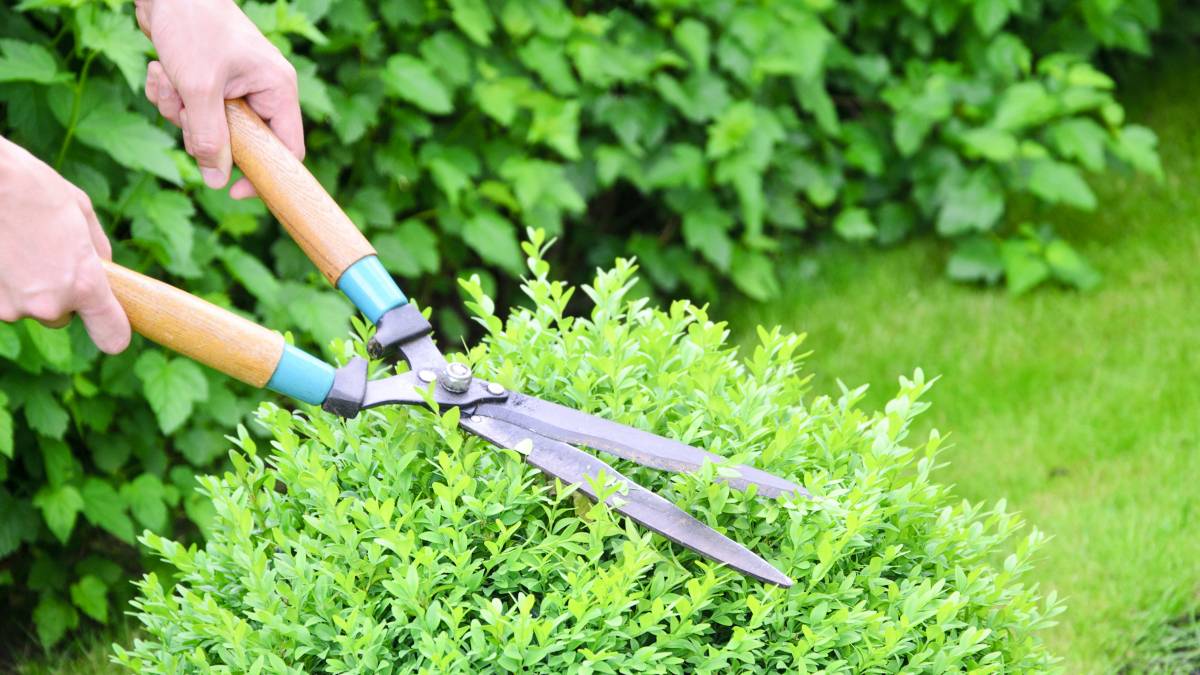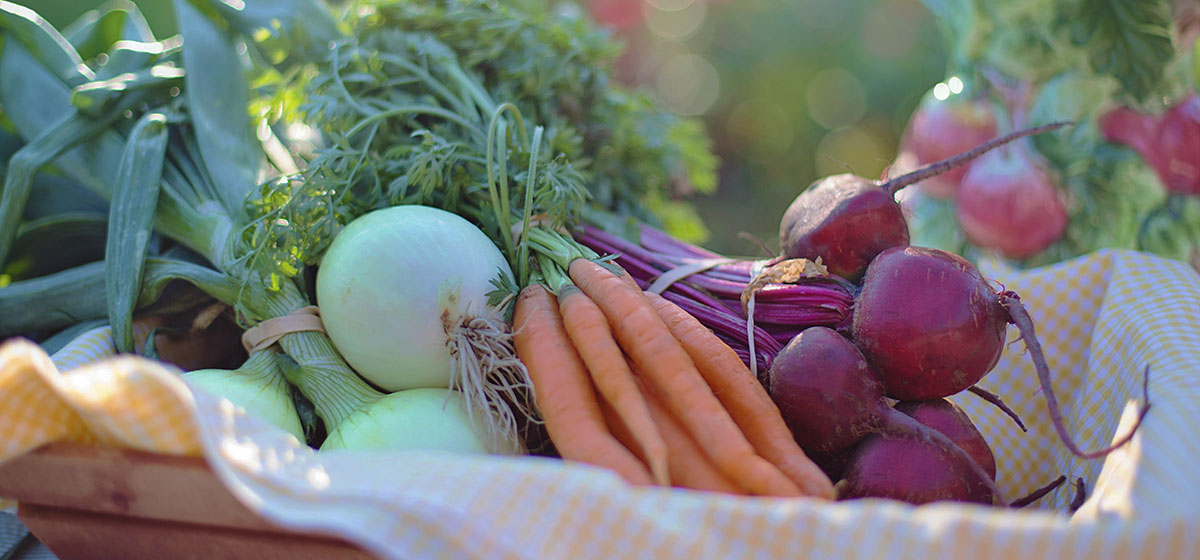
What are the best vegetables to grow in winter?
Get help starting your veggie gardenLast Updated on
Do you love growing vegetables? Do you know which vegetables to grow in winter?
In this guide, we will talk about growing winter vegetables and the best vegetables to grow in winter. Have fresh produce available throughout the colder months for some much-needed vitamins while making the most of the outdoors!
What winter vegetables can you grow?
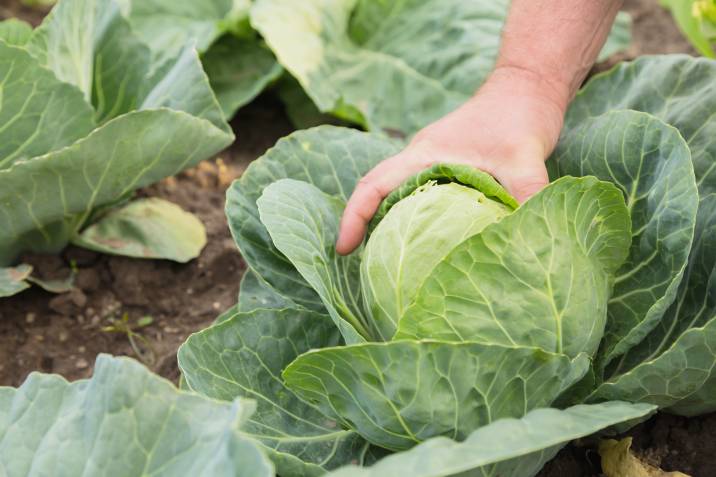
Some of the best vegetables to grow in winter include:
- Broccoli
- Brussels sprouts
- Cabbage
- Carrots
- Chard
- Kale
- Leek
- Onion
- Parsley
- Parsnips
- Rocket
- Turnips
Before doing anything else, you’ll need to determine the type of vegetables you want to plant. Do some research by asking your local nursery or gardening service which vegetables you can grow during winter. Some vegetables need to be sown in midsummer to be ready for harvest by mid to late winter.
Be mindful that crops may tend to grow slower during the cold season. Some vegetables, like carrots, taste better after experiencing colder weather.
Tips to successfully grow winter vegetables
Make sure your plant gets lots of sunlight.
Vegetables need as much sun as they can get, regardless of the season. The sun is low during winter months, so your garden should be in an area that gets full winter sunlight. Take a look at your property and pick the area that gets the most sun.
Separate your crops by variety.
The best way to plant a vegetable garden is to plant your veggies in rows, with each variety in its own row. You can also opt for a winter vegetable container garden.
Plant pest-repellant herbs.
To prevent pest infestation, you can plant herbs that are known to repel garden pests. Some herbs that emit a pungent smell and repel pests include sage, basil, lavender, and oregano. The smell is so strong that many pests cannot stand them. Other herbs taste terrible and pests avoid them at all costs.
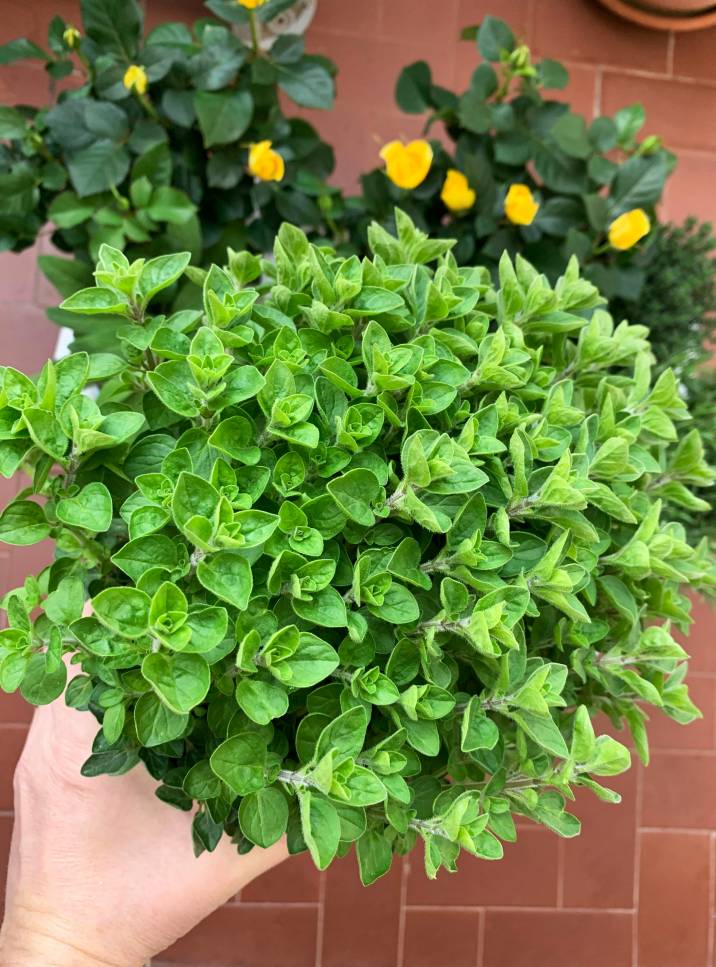
The process of planting different plants to obtain specific benefits, such as repelling pests, is called companion planting. This is an age-old practice that also improves the health of plants. For example, you can plant beans with beets or peas, or cabbages with chard or lettuce.
Try organic gardening.
Avoid using chemicals and herbicides to grow healthy and organic vegetables. Growing an eco-friendly garden is easy and features the following steps:
- Create fertiliser from compost.
- Use mulch or a drip irrigation system to control water usage.
- Learn how you can attract friendly insects and birds to control garden pests.
- Apply companion planning.
Get creative with plant containers.
Regardless of the size of your garden, you can grow winter vegetables that do well in your climate. Plant the vegetables close together for a big harvest.
Those with small yards or balconies can still grow winter vegetables. How? By planting the vegetables in pots and crates. Peas and beans are perfect examples of vegetables that use up less space on your balcony.
Also read: How to protect plants from frost |
Vegetables you can plant before winter
During late spring or early summer, start sowing hardy veggies like broccoli, Brussels sprouts, kale, winter cabbage, and leeks, as these take several months to mature. Leafy crops like chard, chicory, and parsley can be sown in early summer for autumn harvest that can last up to winter. Make sure to provide these with some fleece or cloche protection.
In late summer and autumn, you can sow oriental salad leaves like rocket and mustard to provide leaves through autumn and winter, so long as they are protected with cloche or fleece.
☞ Learn more tips: Gardening for beginners
Grow your winter veggies with an expert’s help!
On Airtasker, you can find many skilled and experienced gardeners near you. An expert can help you create the perfect garden to grow winter vegetables. They can also recommend the best vegetables that grow in your climate and when to plant them.
FAQs on winter vegetables
Start planting your winter vegetables in autumn because many winter vegetables take a long time to grow. Depending on how much time you have, you may grow your veggies from seeds or seedlings. Seeds for slow-growing vegetables like cabbages need to be sown towards the end of summer and planted during early autumn.
Instead of planting all your vegetables at the same time, stagger them throughout the cold winter months, and you will have a constant supply of fresh vegetables straight from your garden.
Yes! Tomatoes can do well during colder months, so long as they are in pots and placed indoors to keep the soil warm.
Yes, you can! You will need to look for onion varieties that are well-suited for fall planting and can withstand chilly winter months underground.
You can choose quick-growing greens like bok choy, rainbow chard, and lettuces. You can also grow herbs like coriander, marjoram, parsley, thyme, and winter tarragon. Growing winter vegetables in pots is a great idea for those who don’t have a lot of space at home or only have a balcony. It can also help preserve water by retaining them in your plants.
Find gardening services, fast
Find a gardener
Related articles

How to prune roses the right way
Read more
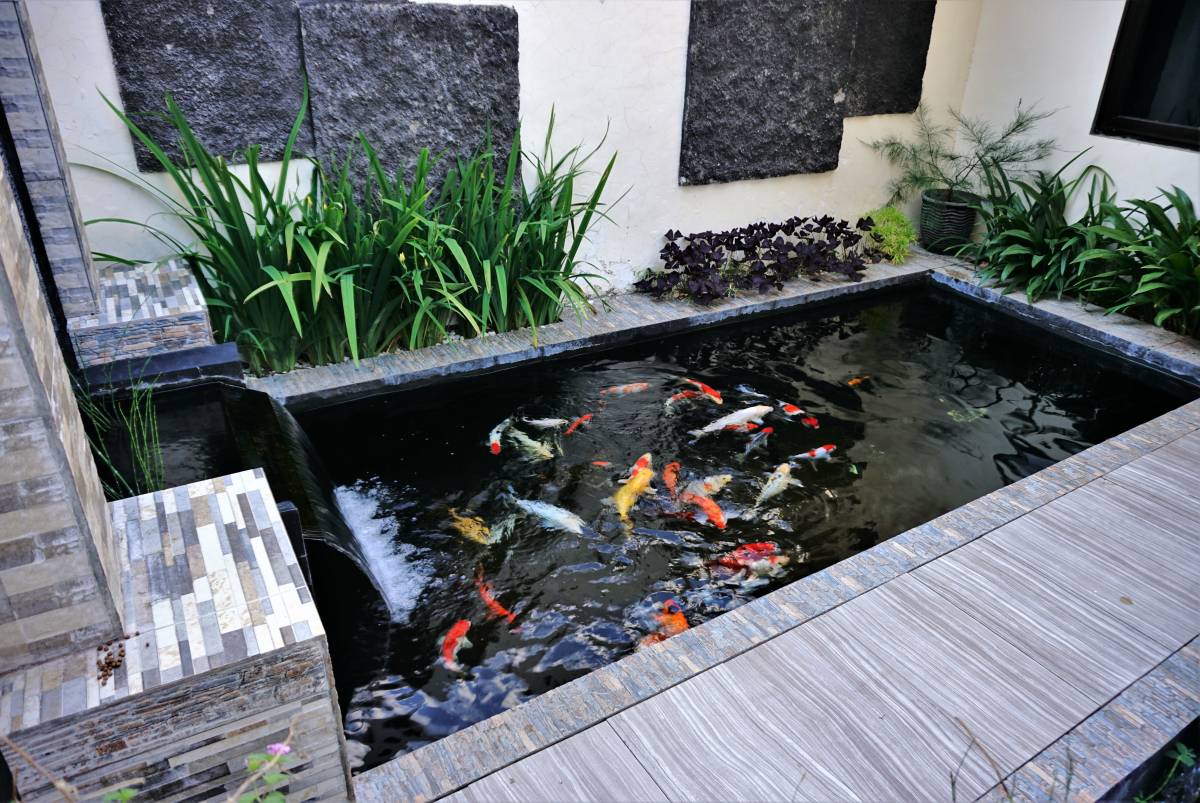
8 steps to build a DIY pond filter
Read more
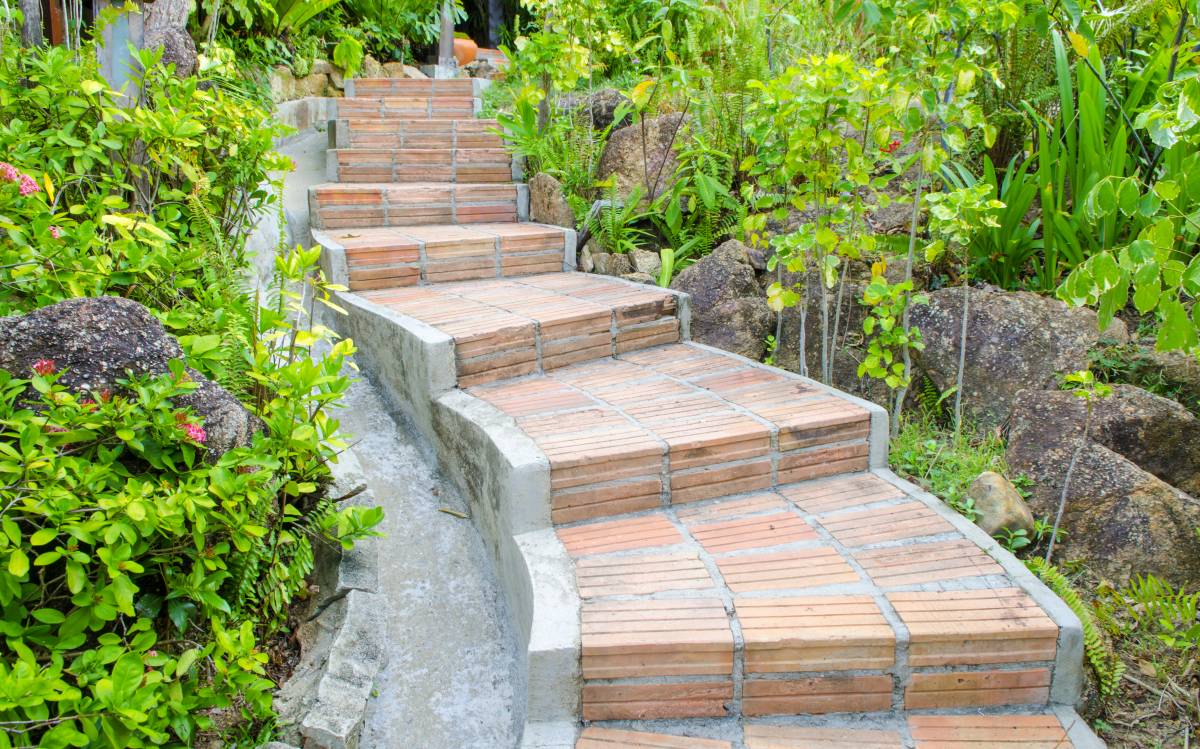
How to build garden steps
Read more
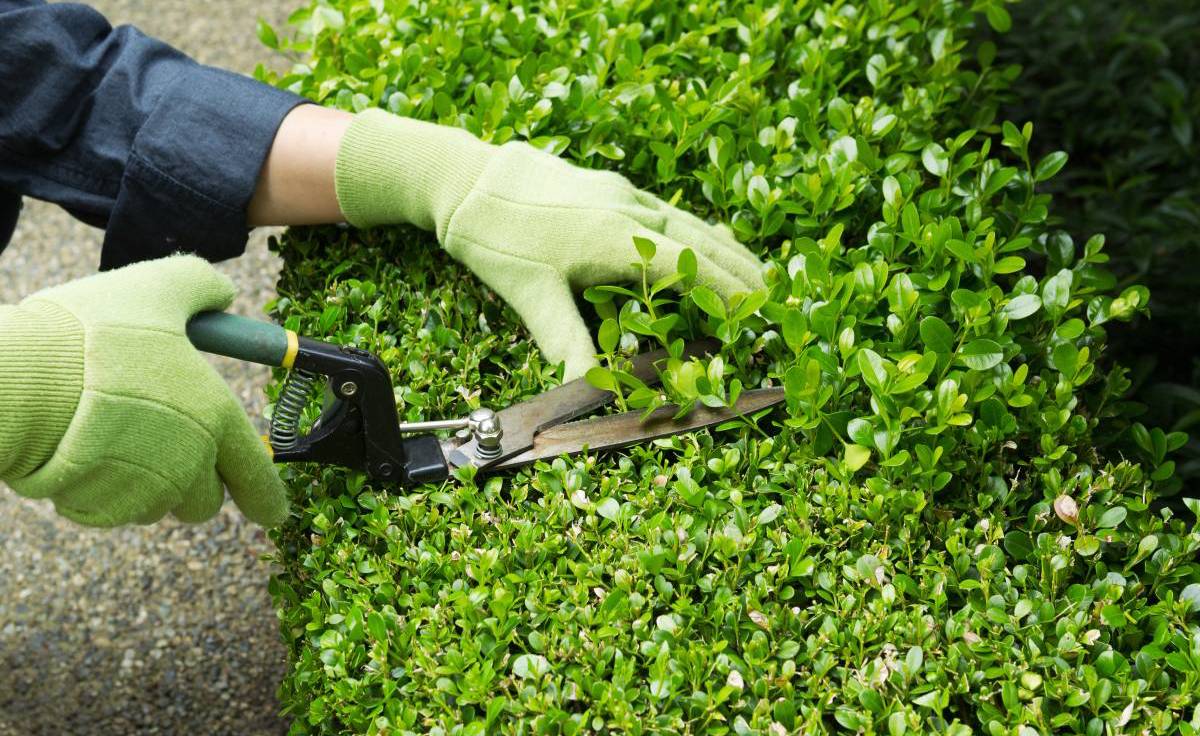
How to trim bushes the right way
Read more

13 Best Spring Gardening Tips
Read more
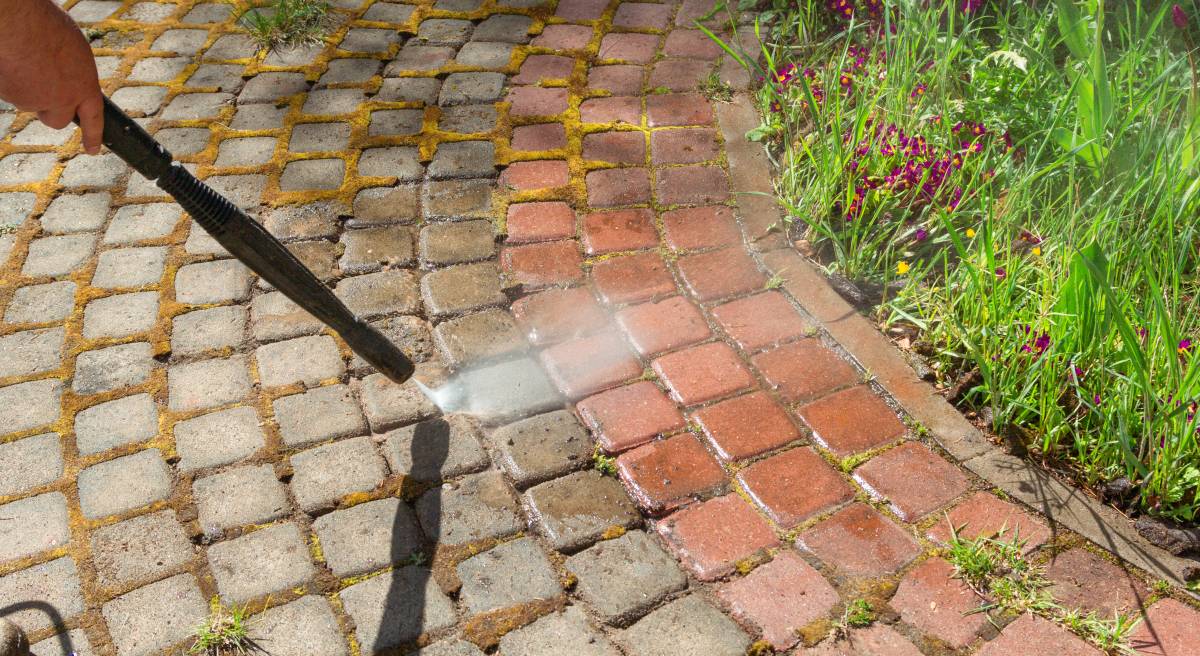
How to clean garden stones
Read more
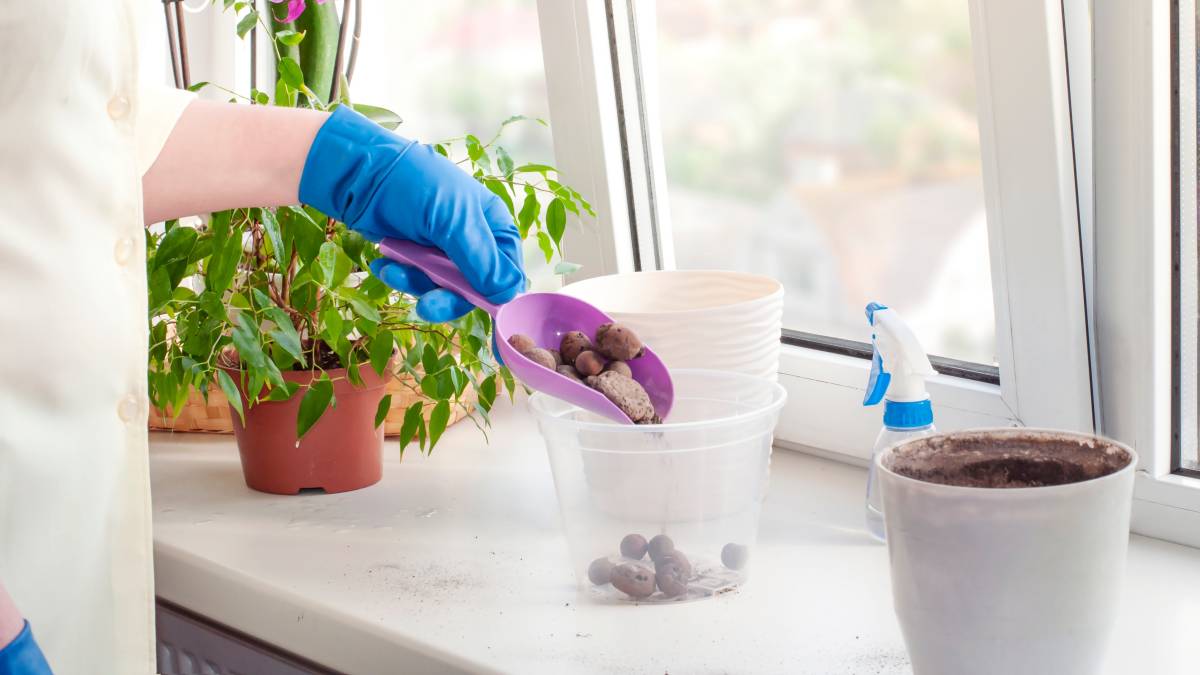
36 Quirky plant pot ideas you’ll love
Read more
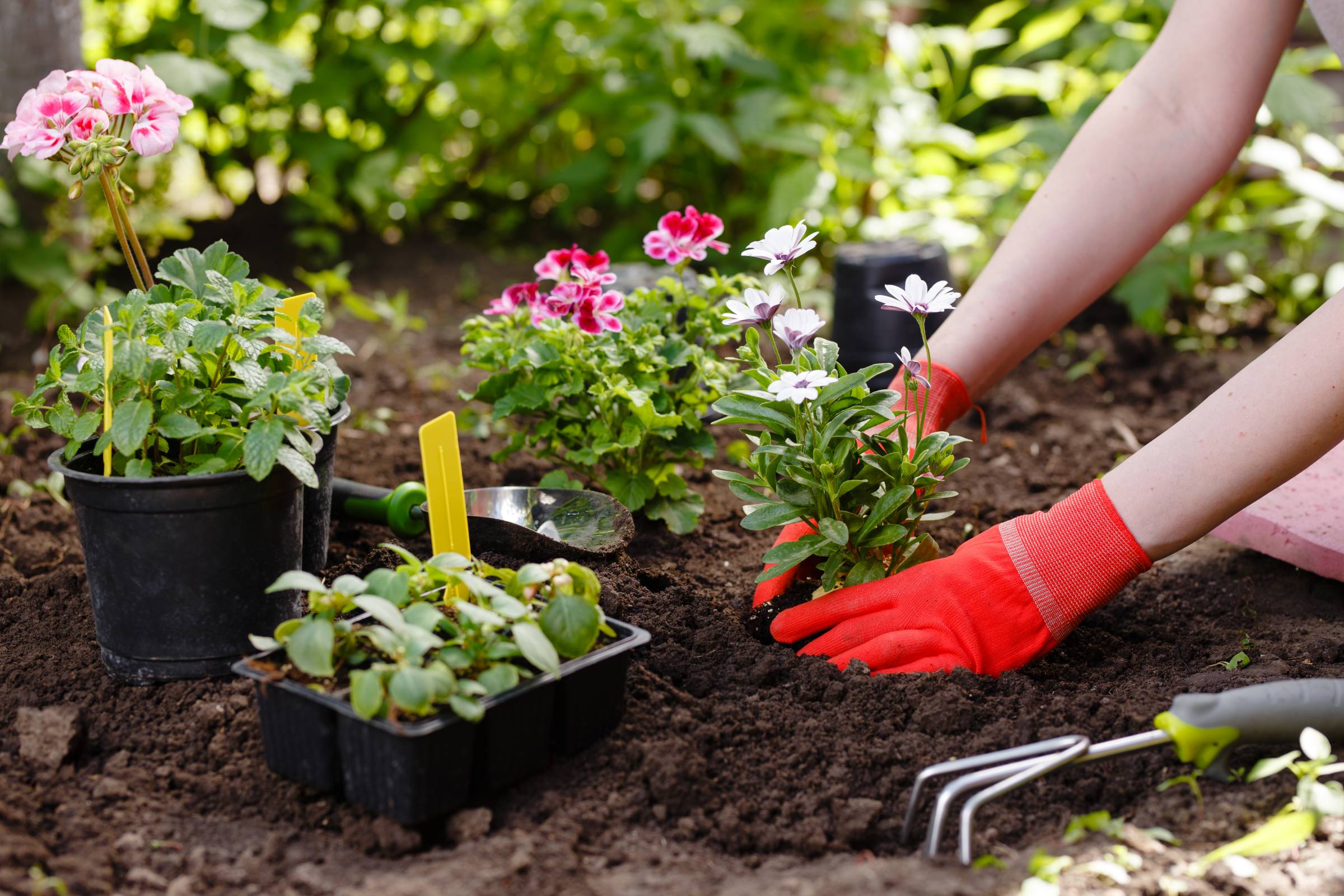
Your garden maintenance checklist
Read more
Related price guides
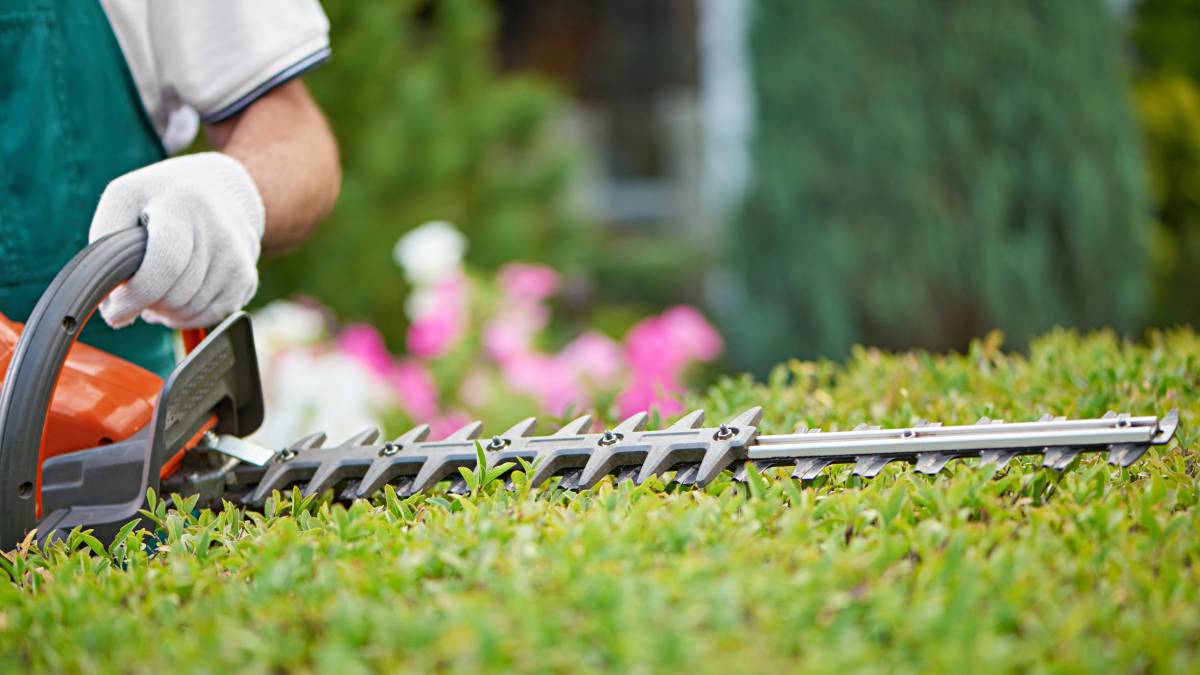
How much does hedge removal cost?
Read more

How much does a garden room cost?
Read more
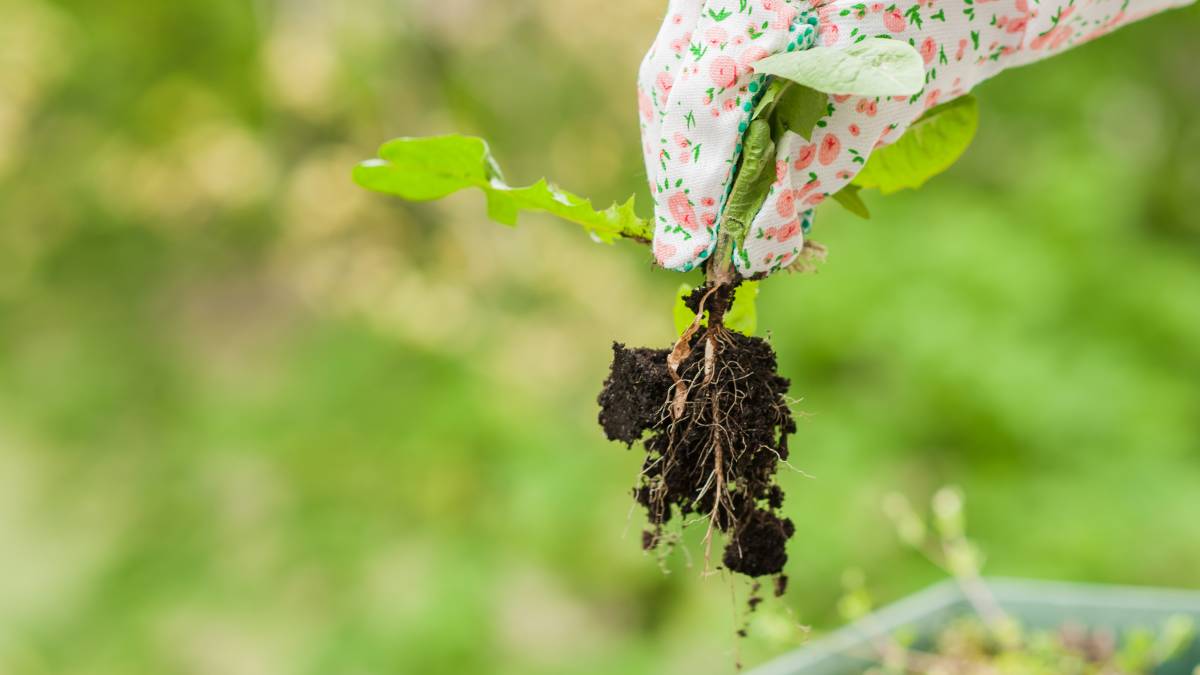
How much does weeding cost?
Read more
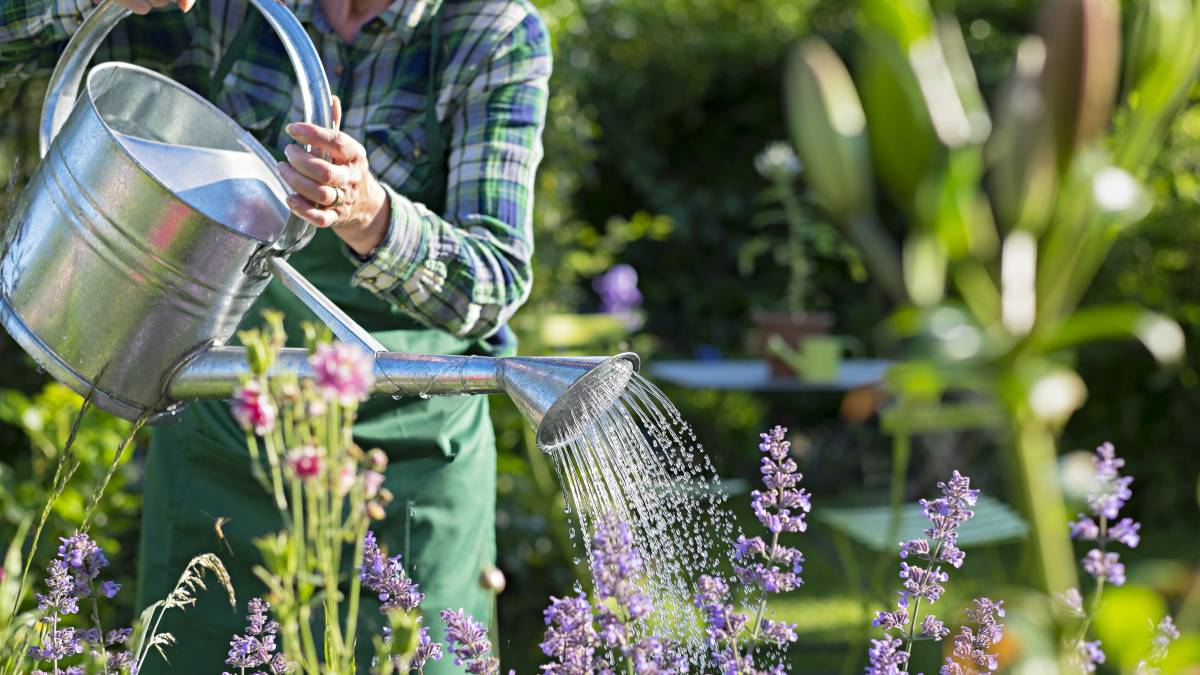
How much do gardeners charge?
Read more
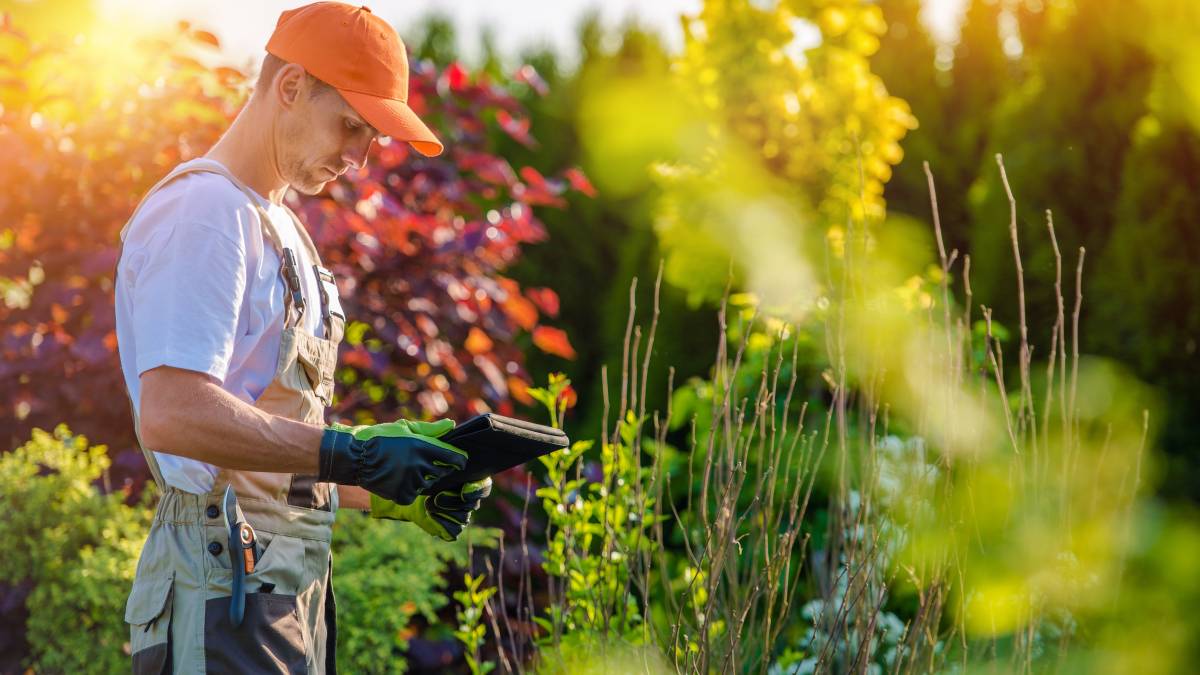
How much does garden clearance cost?
Read more
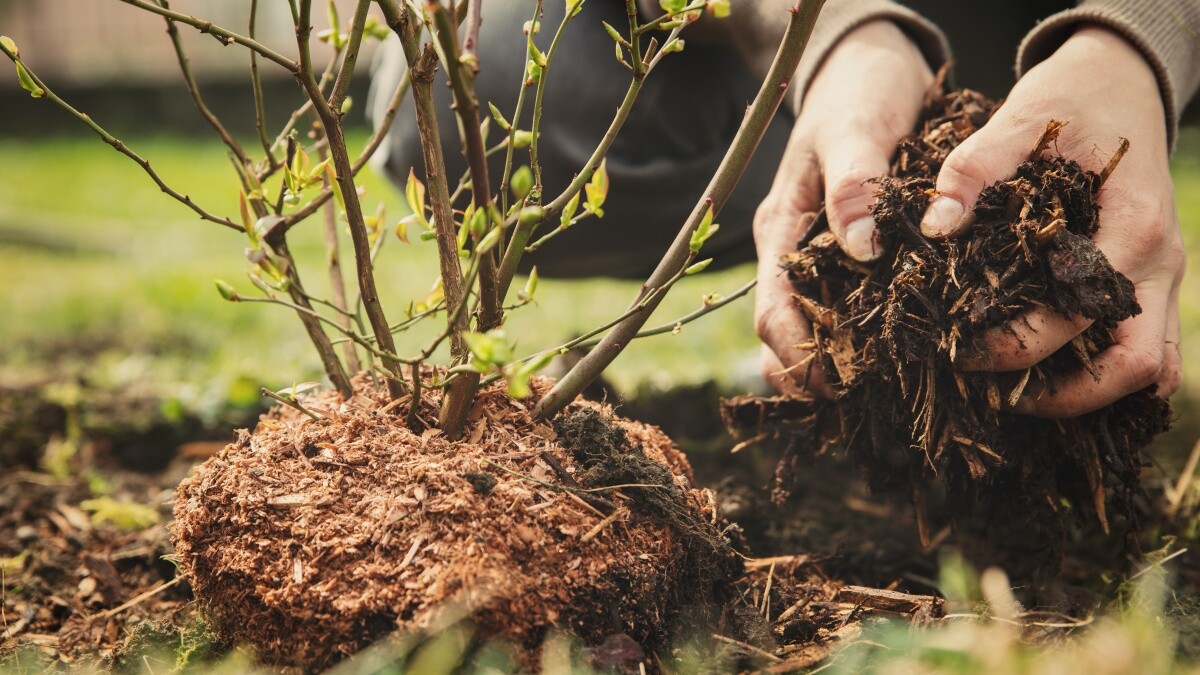
How much does mulch cost?
Read more
